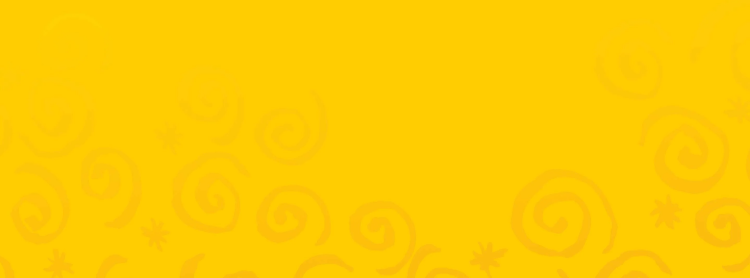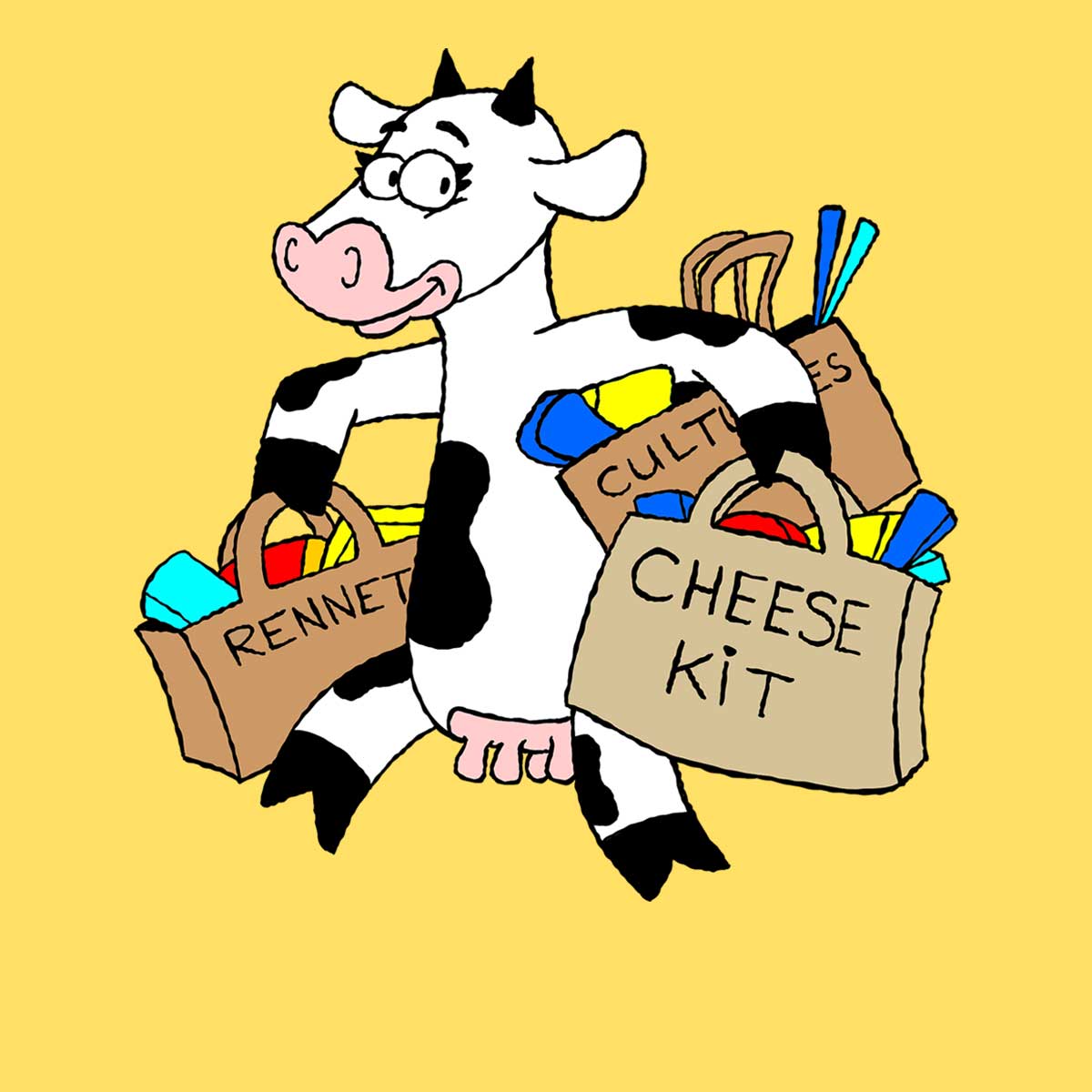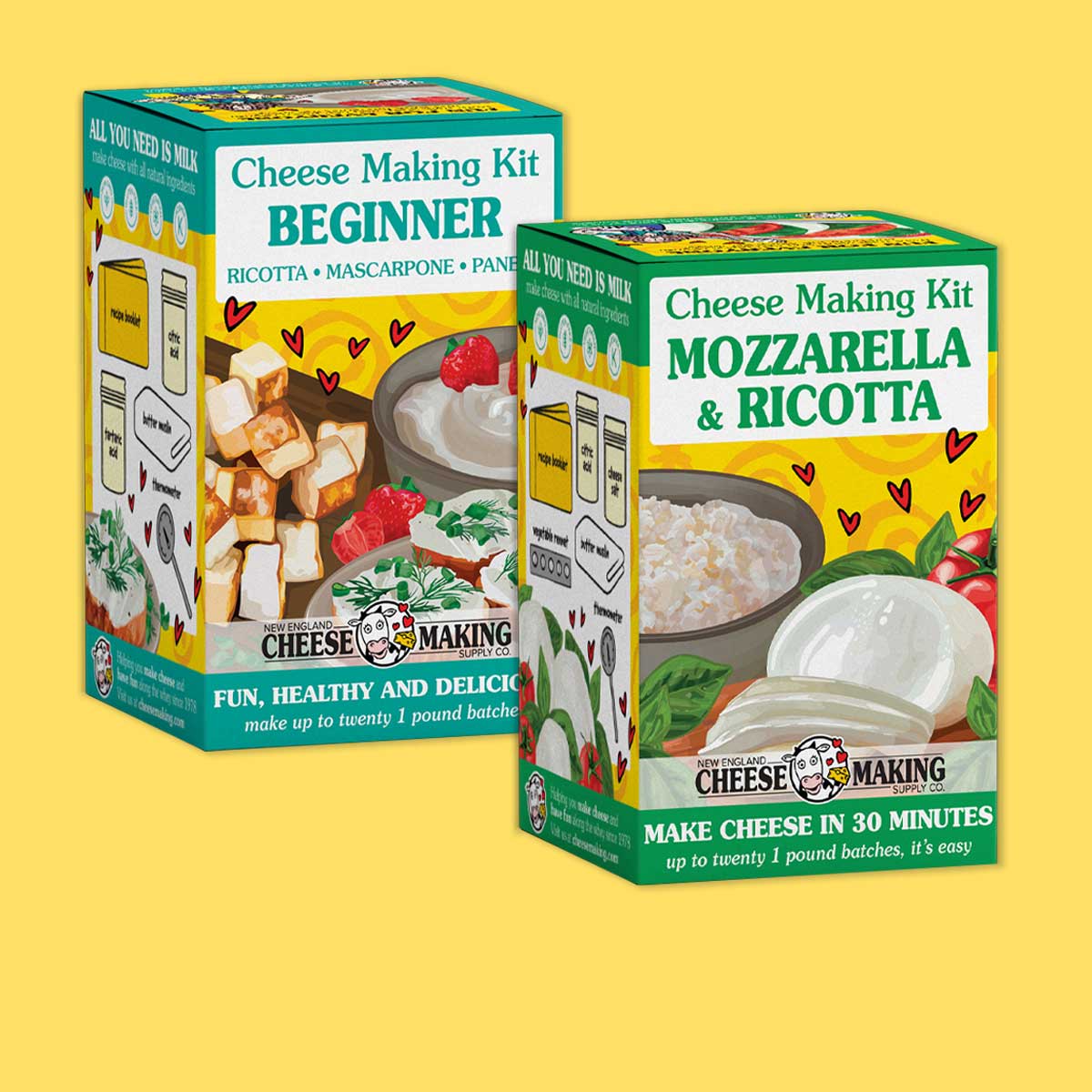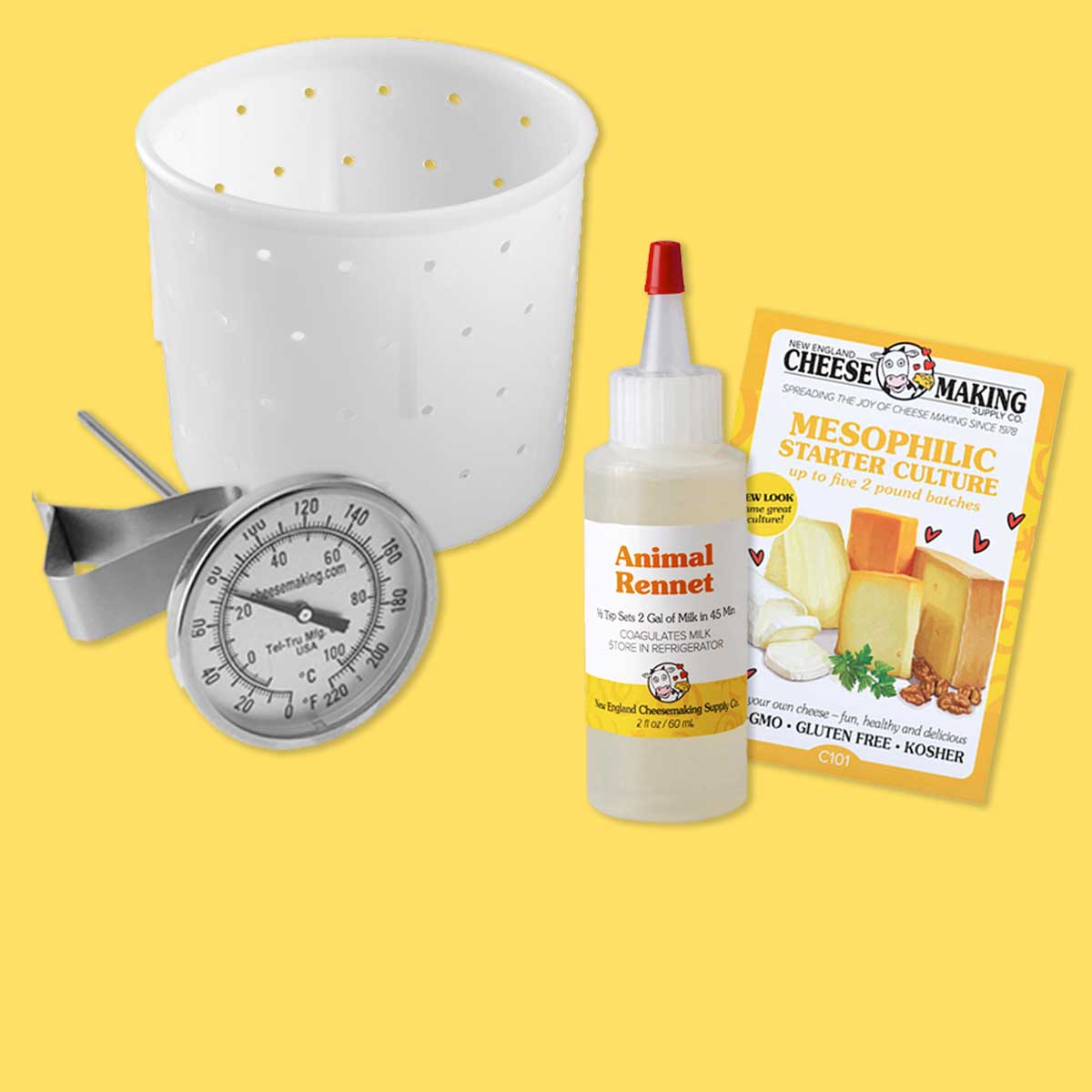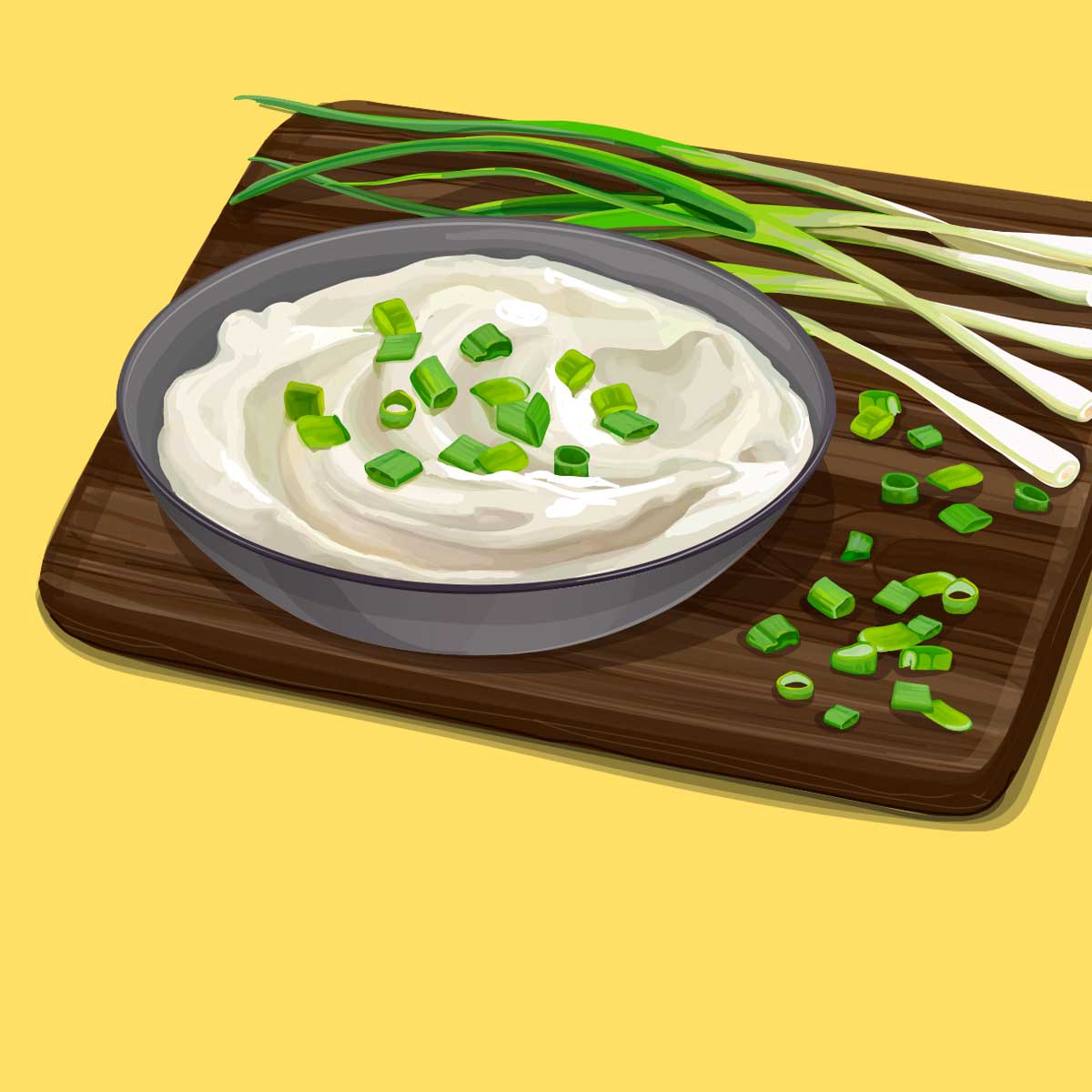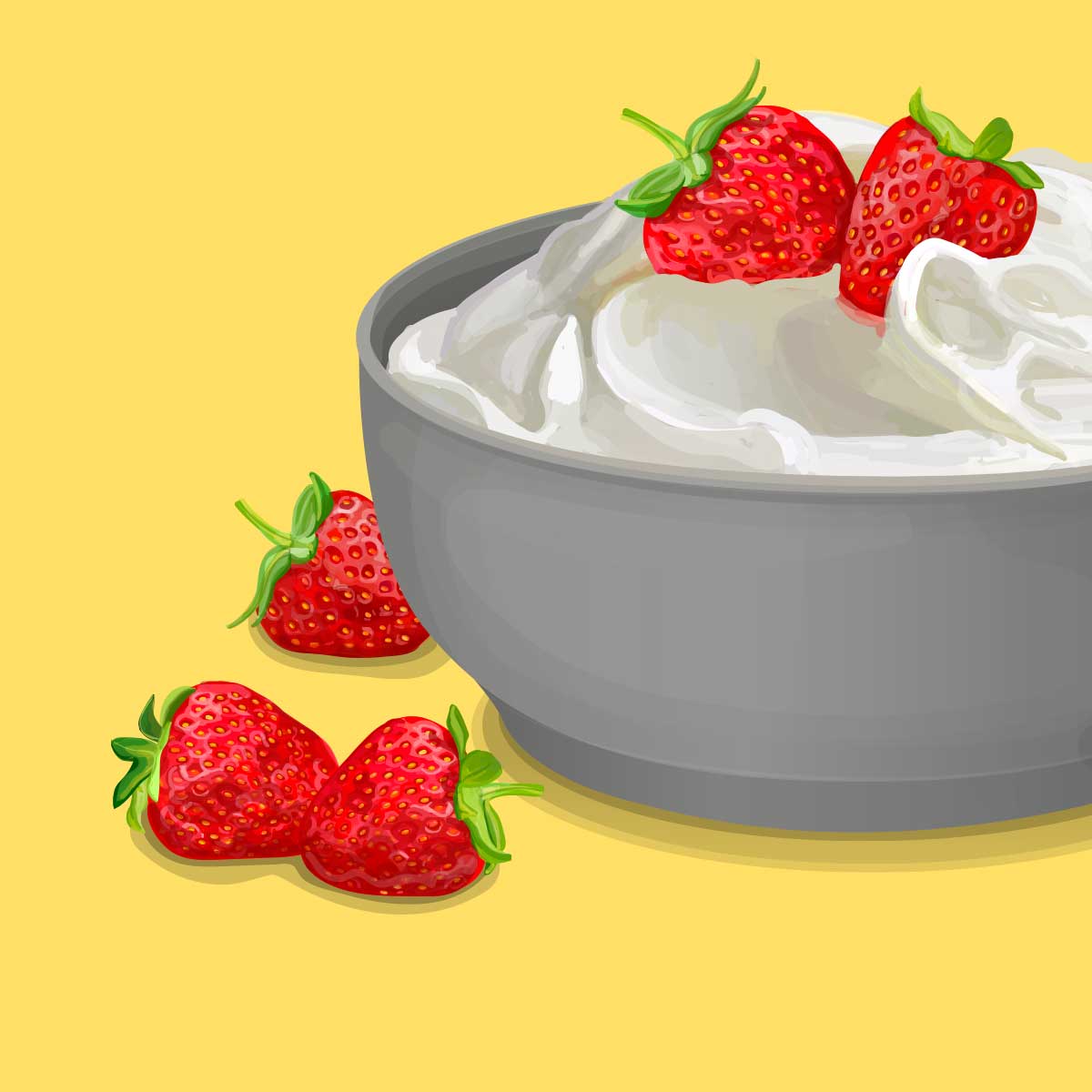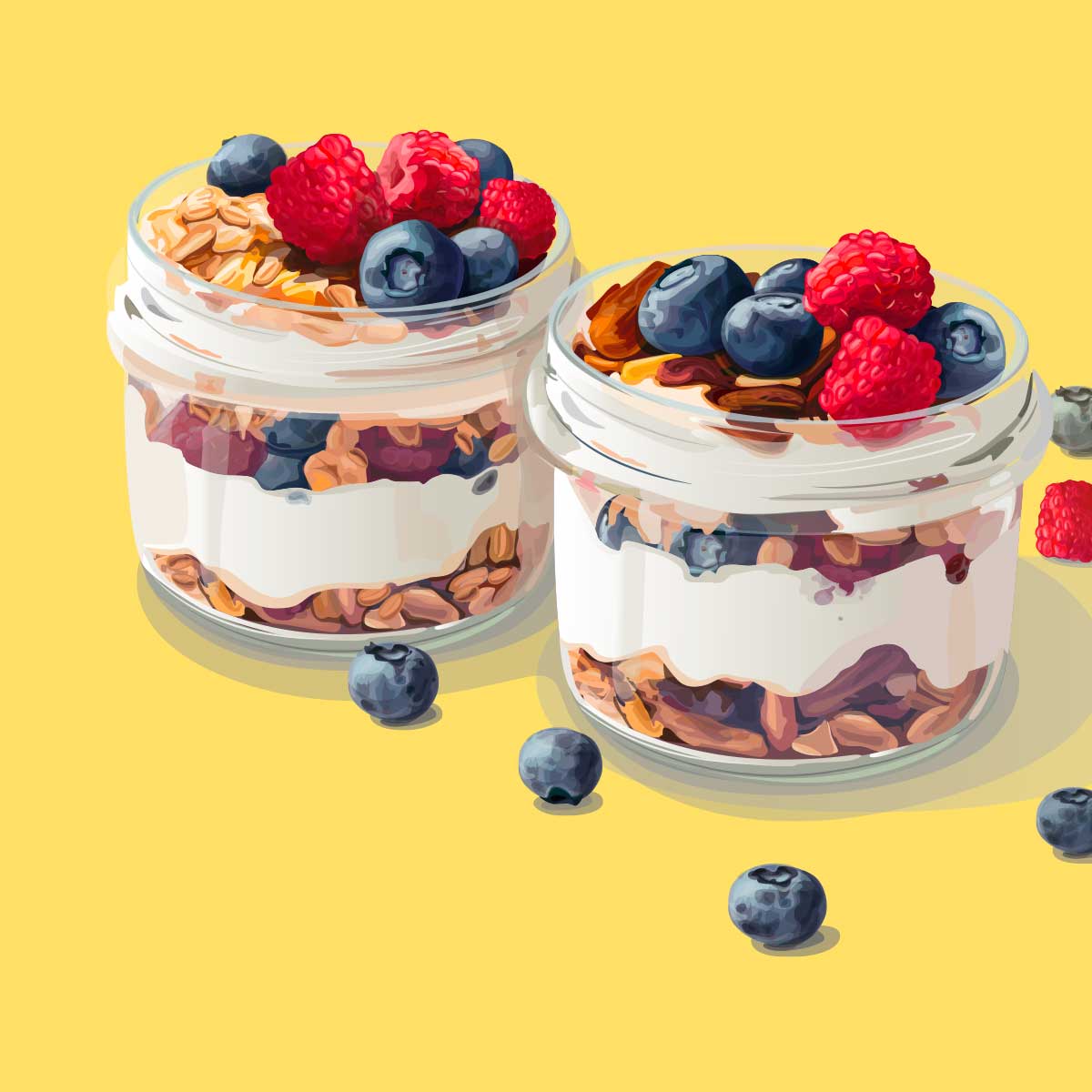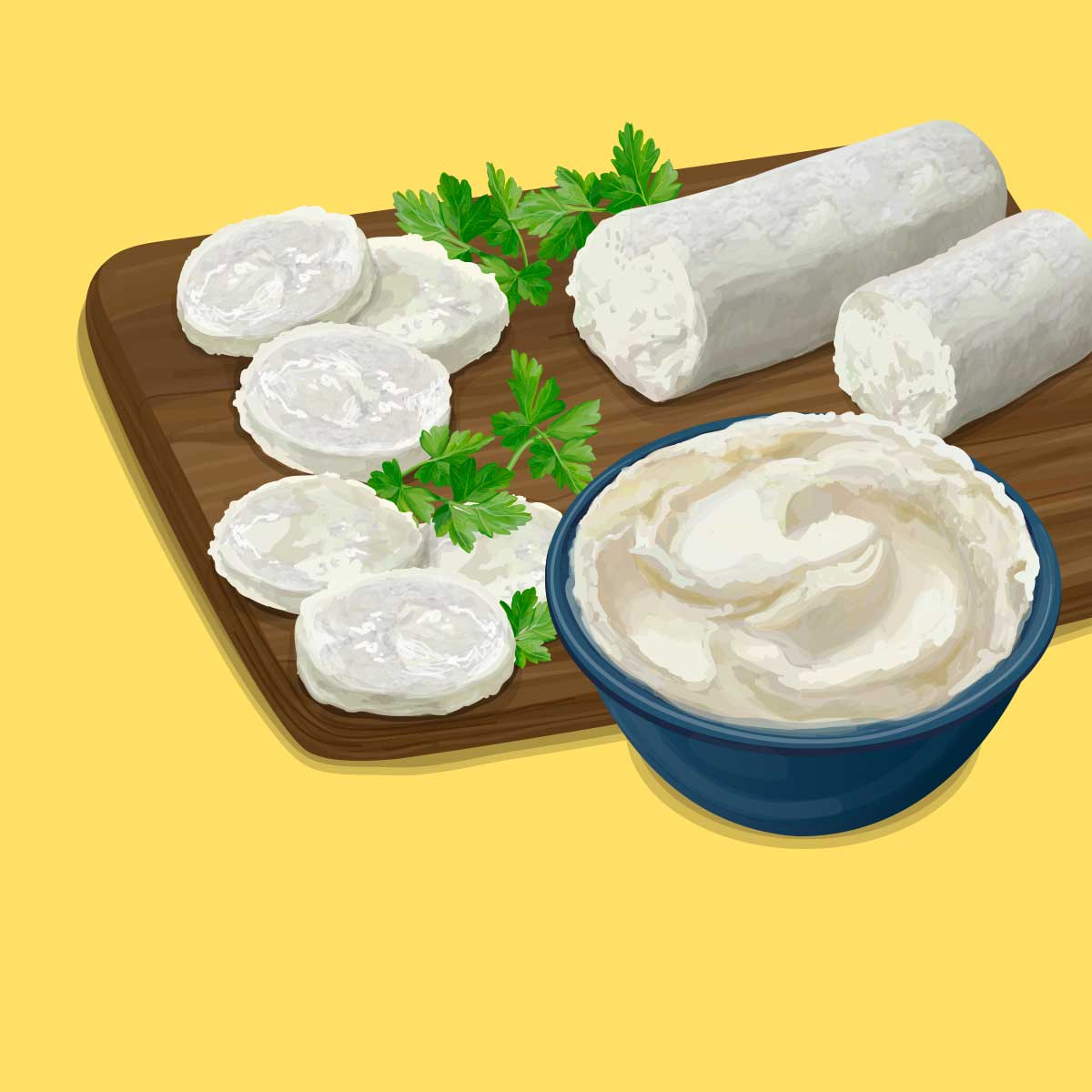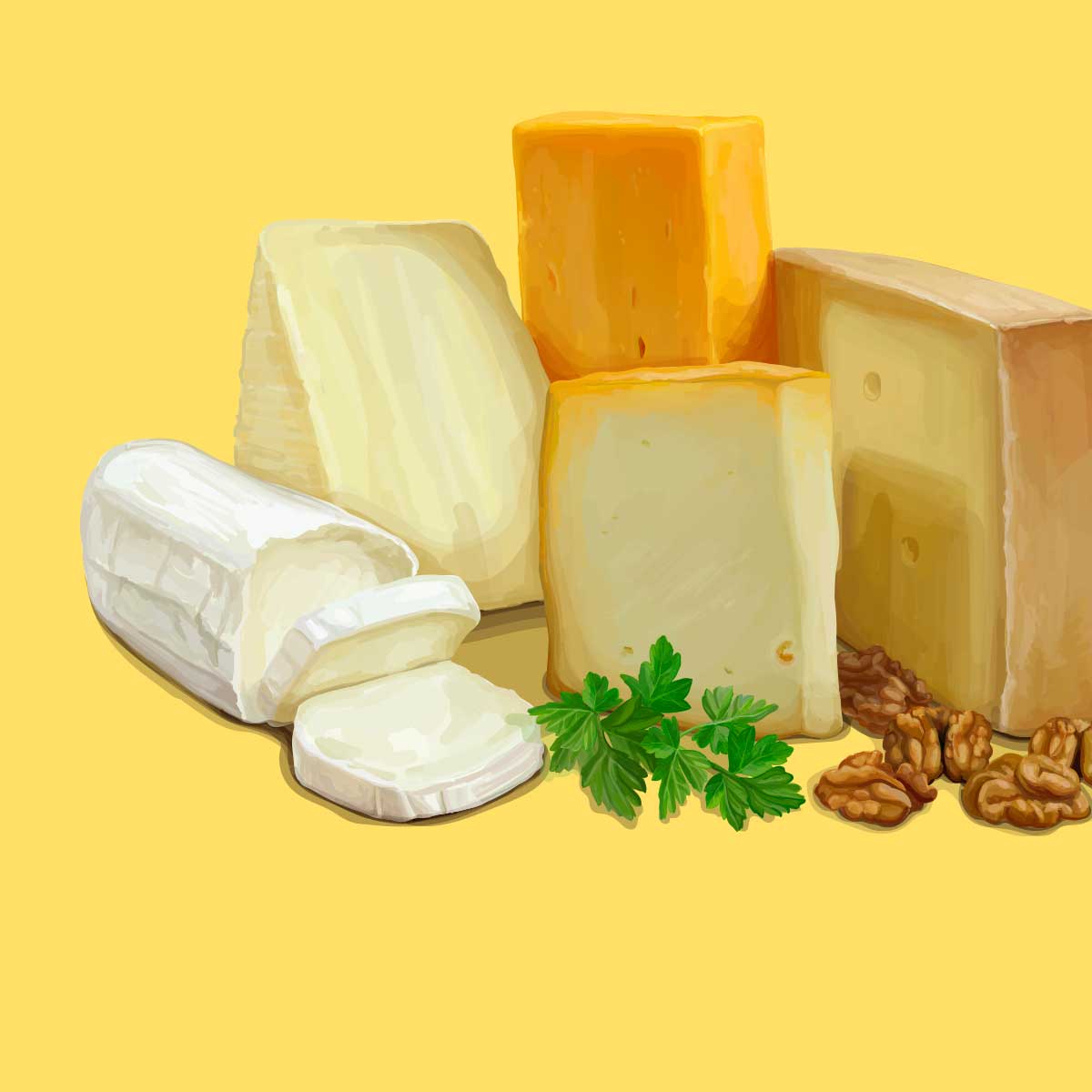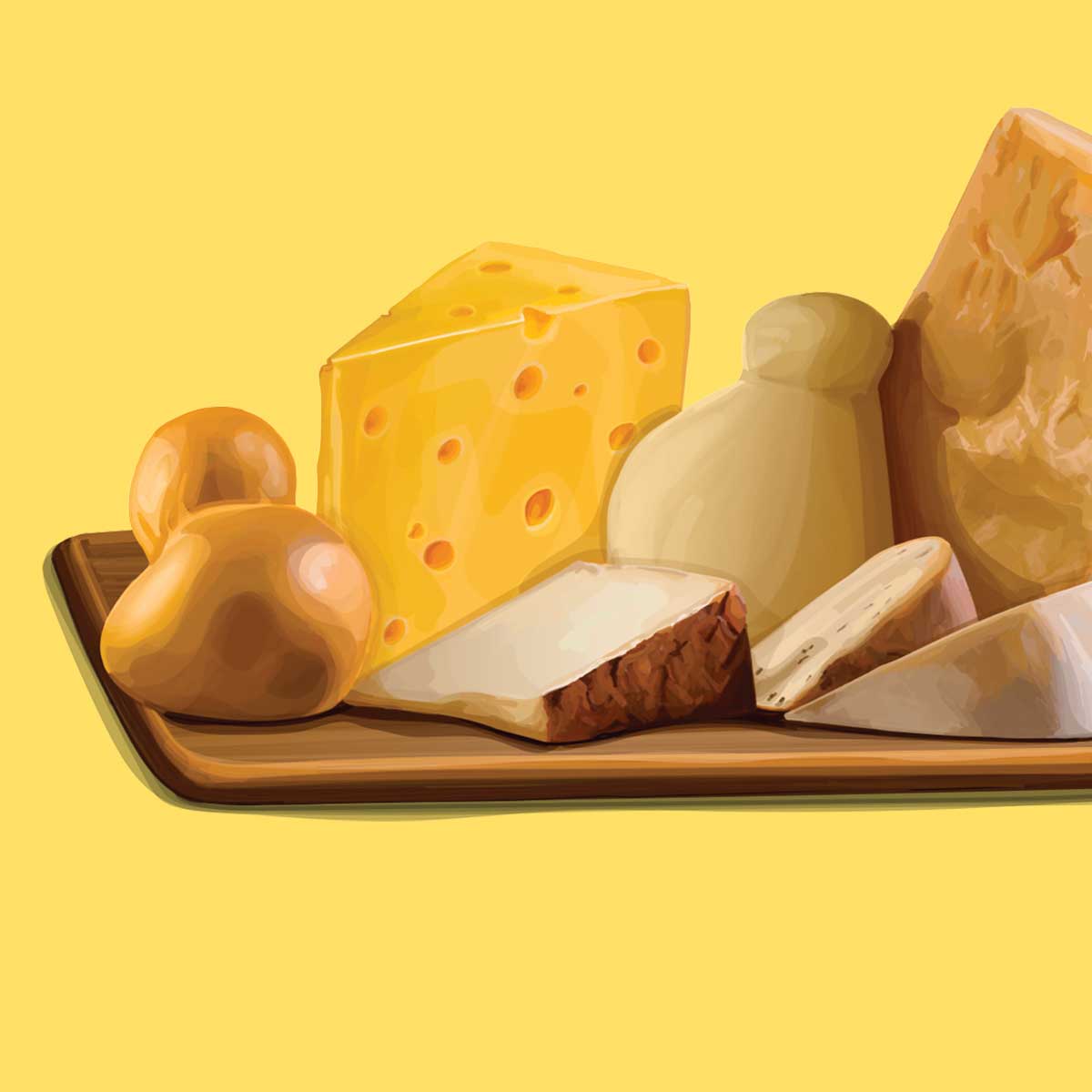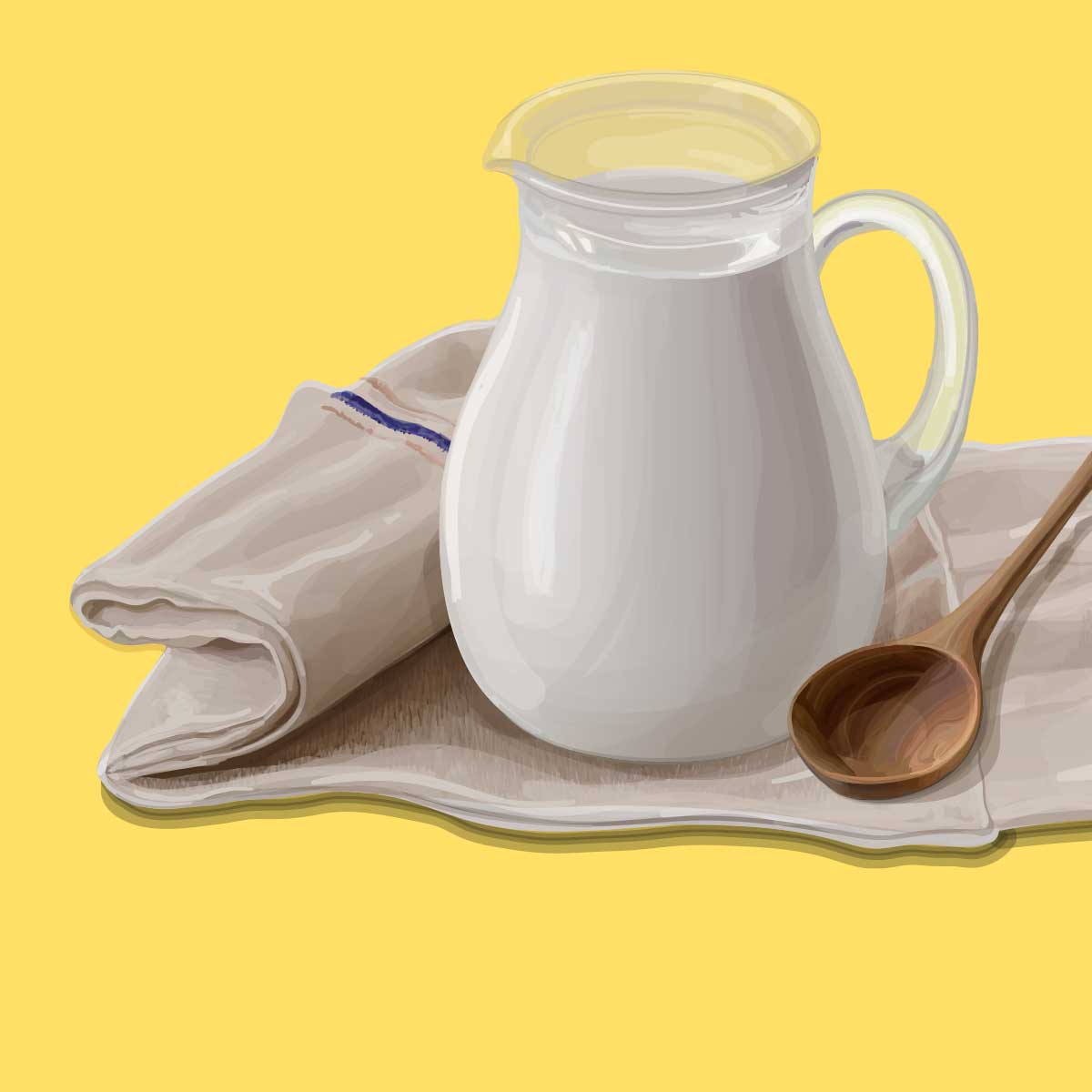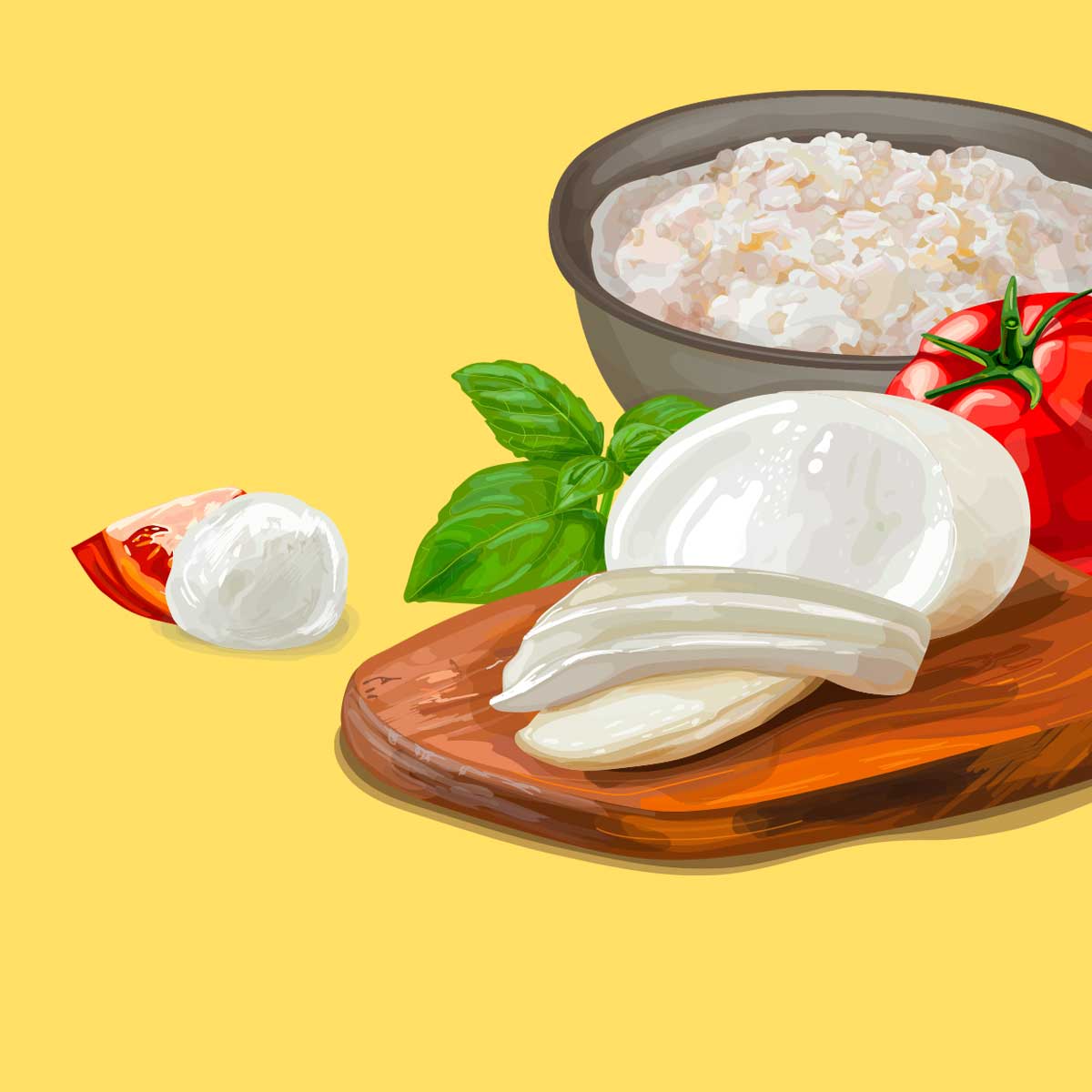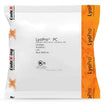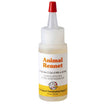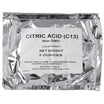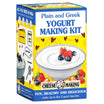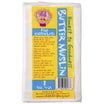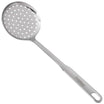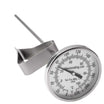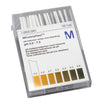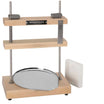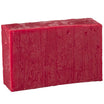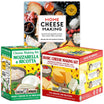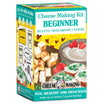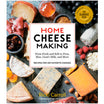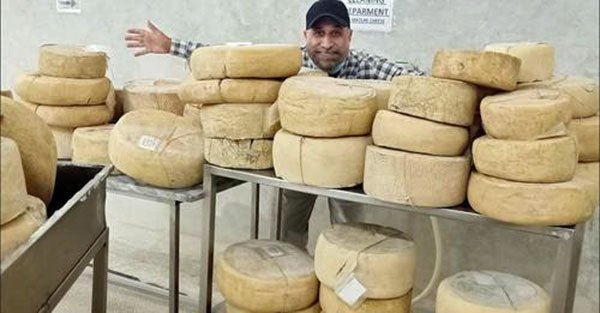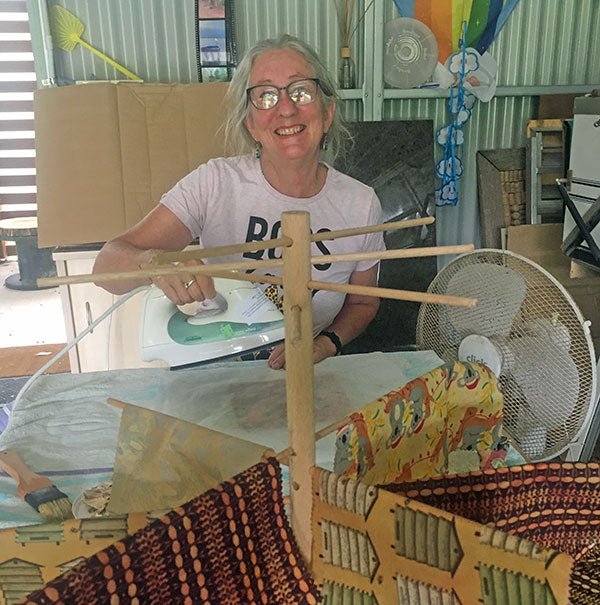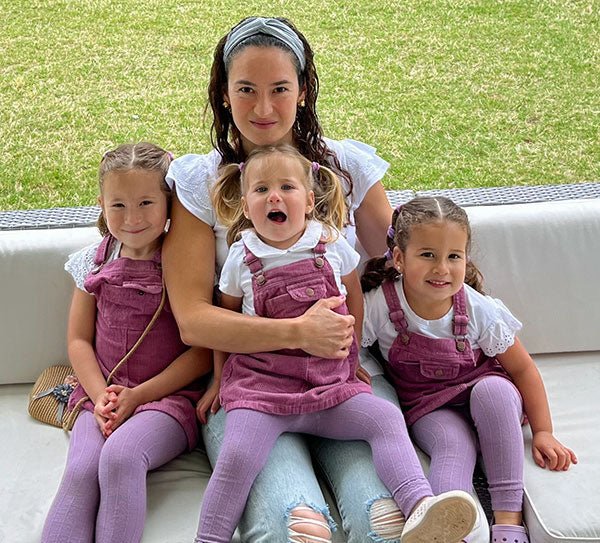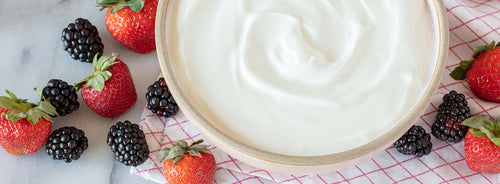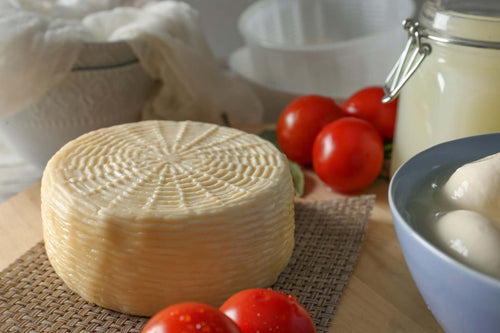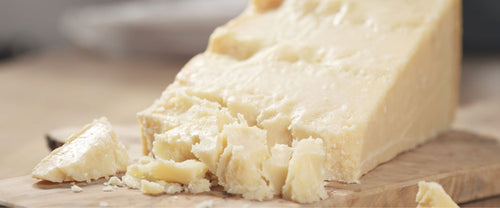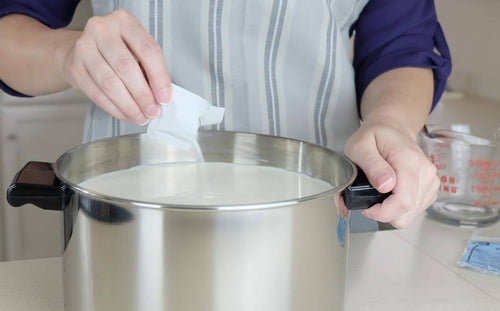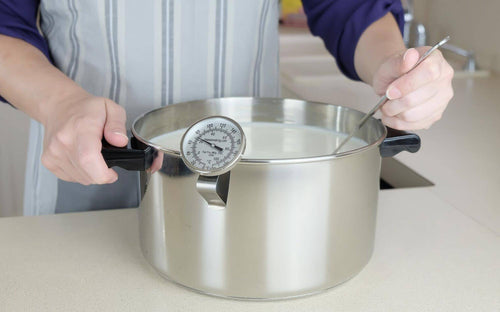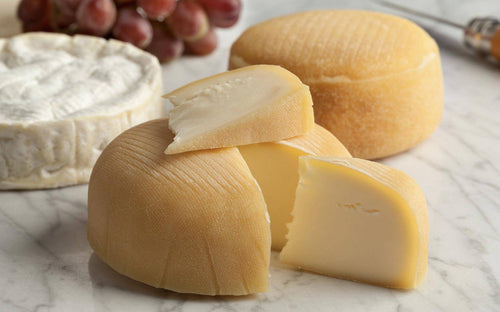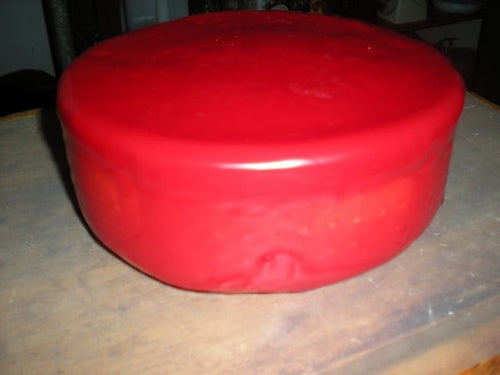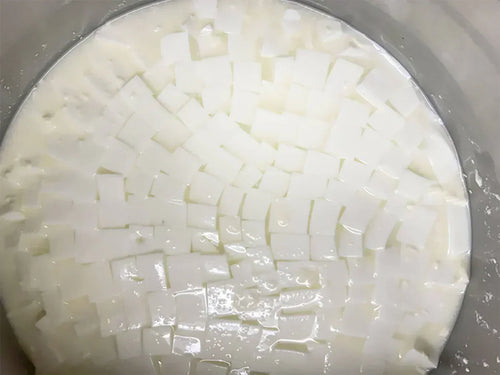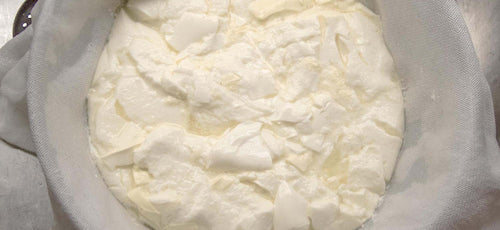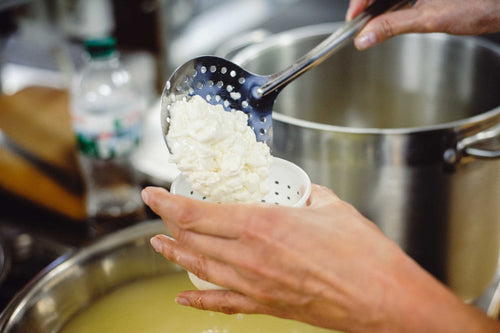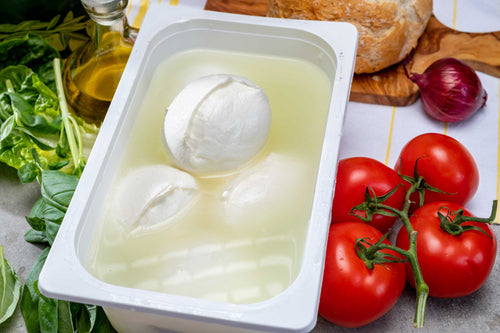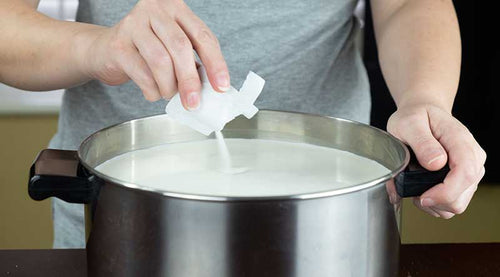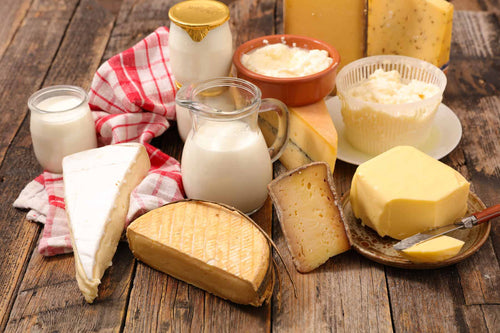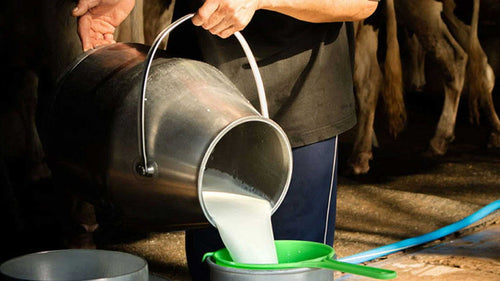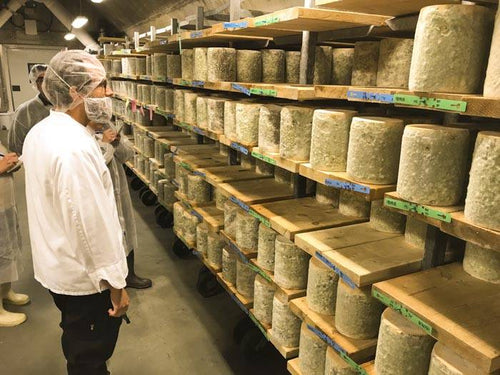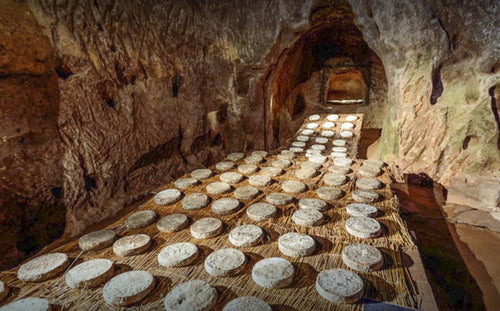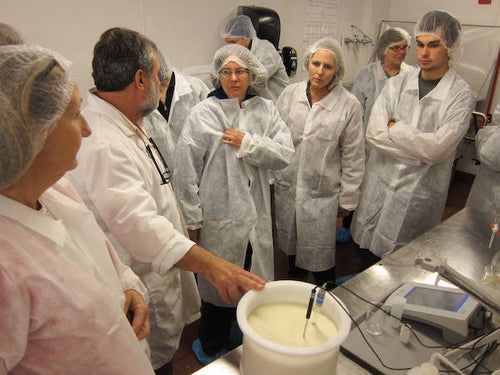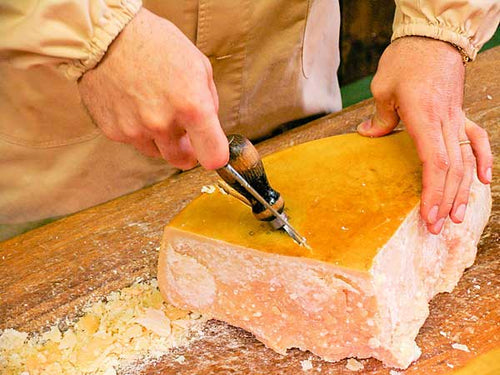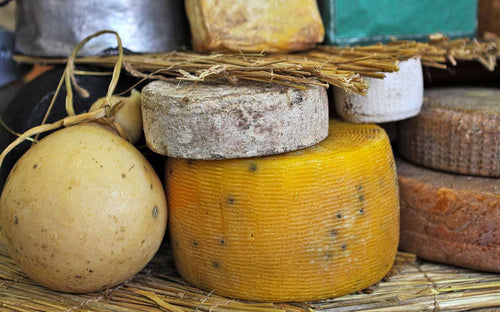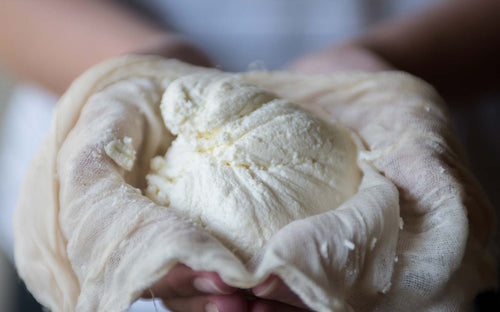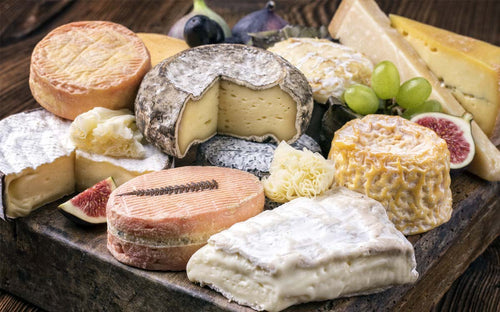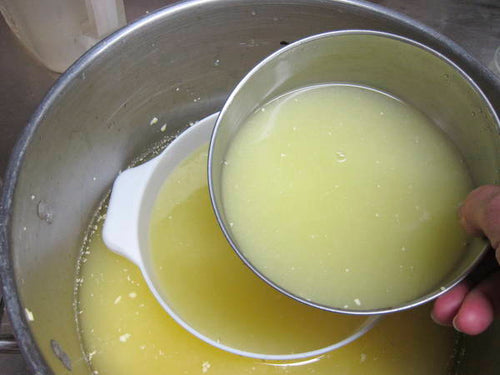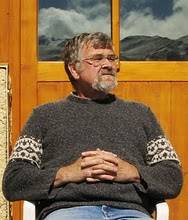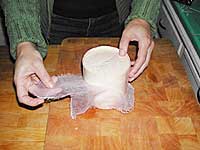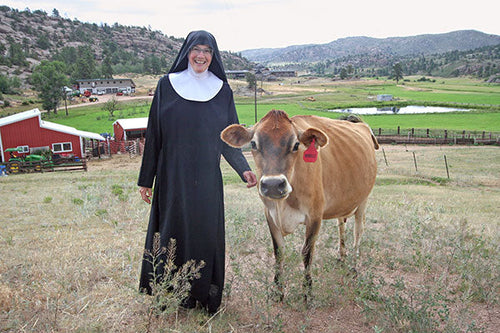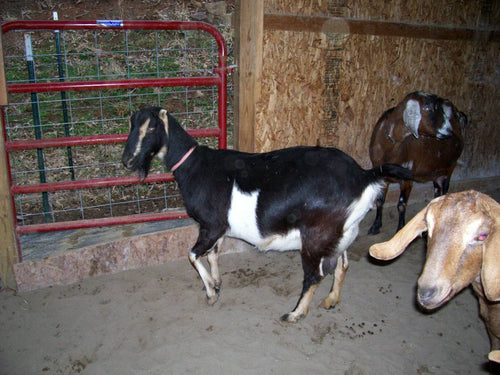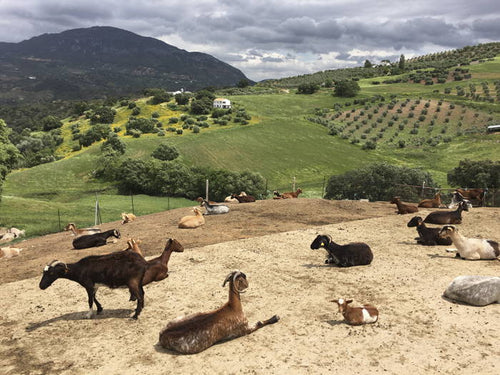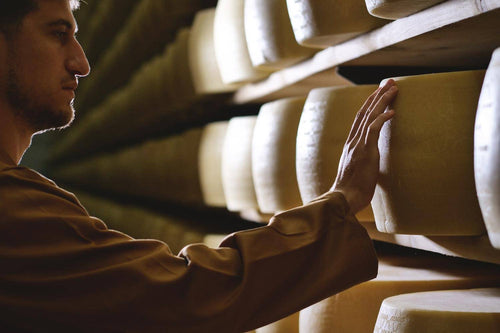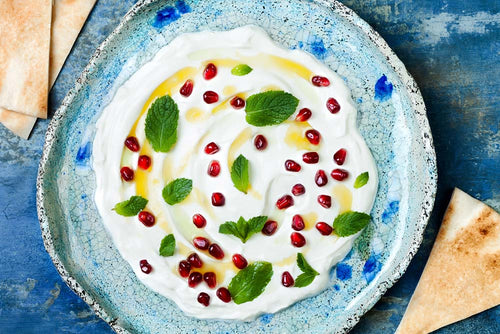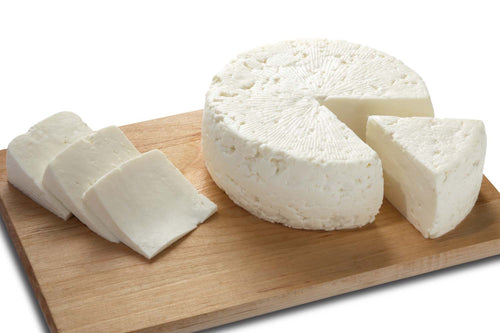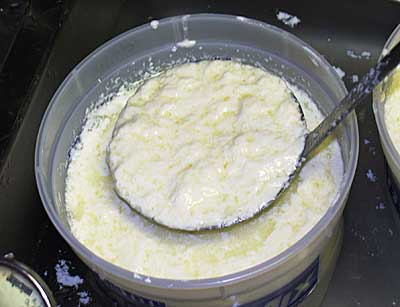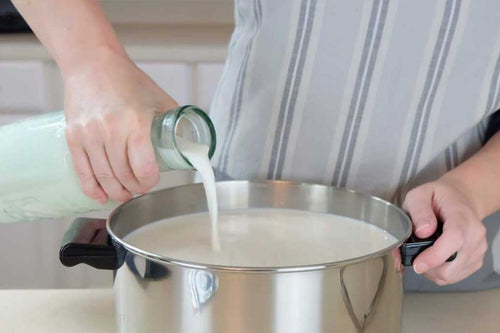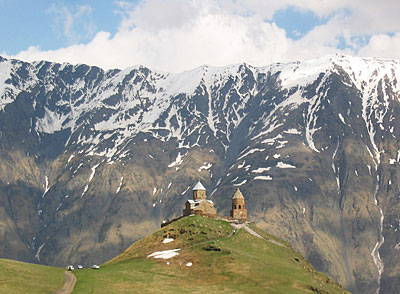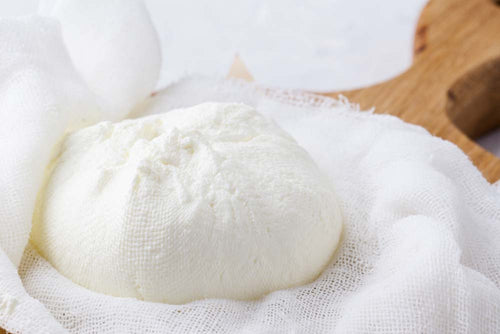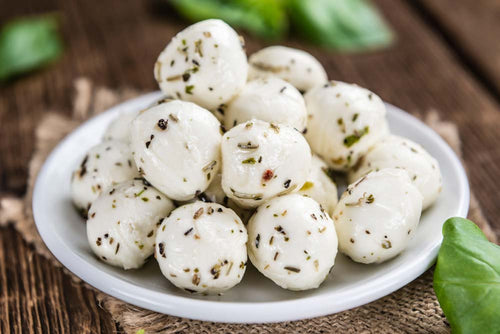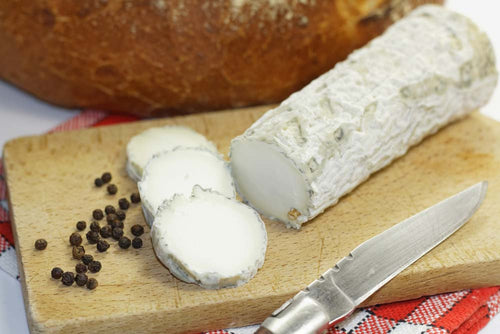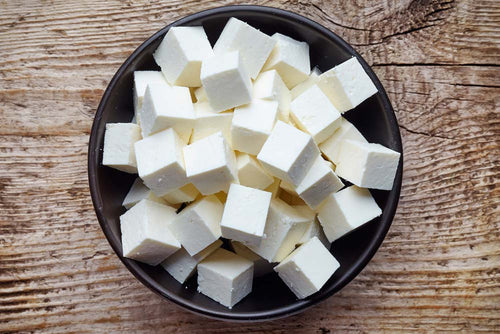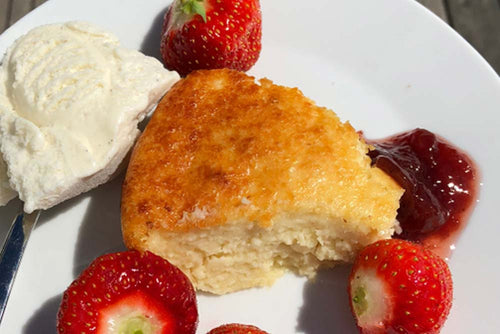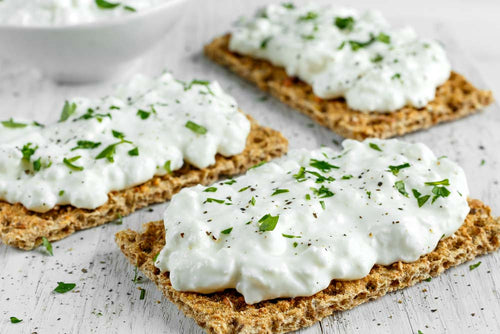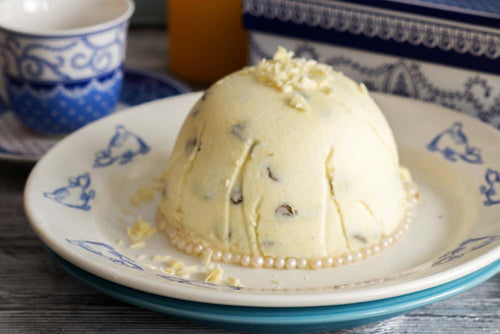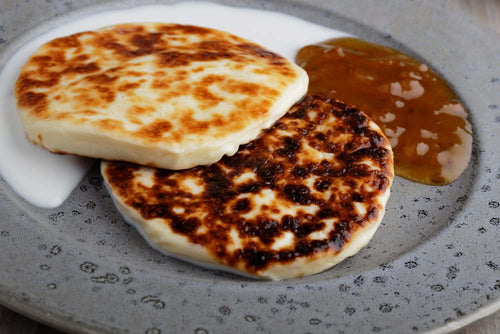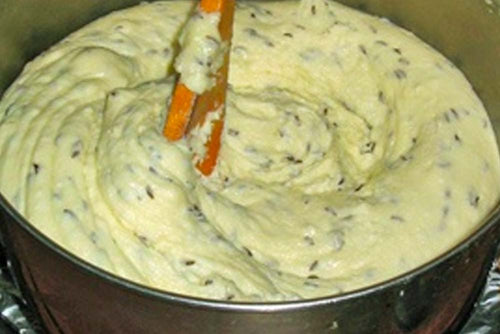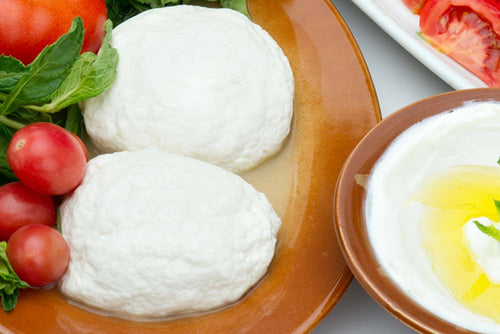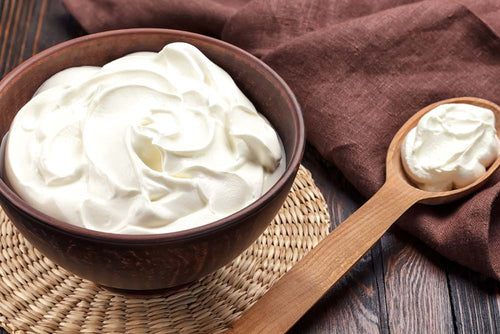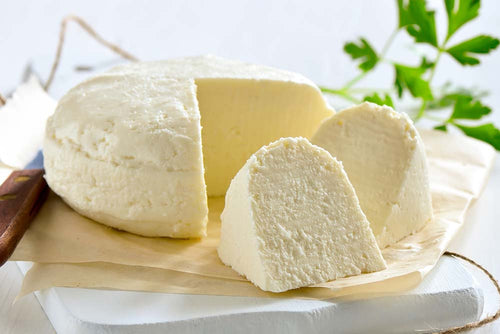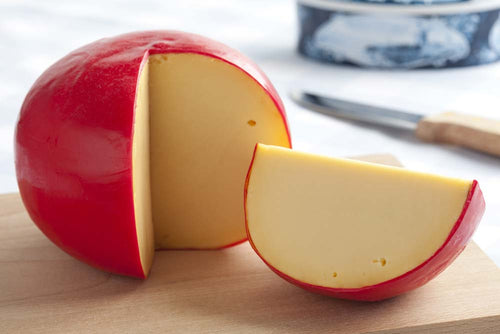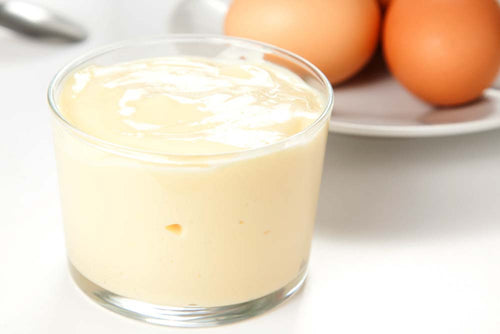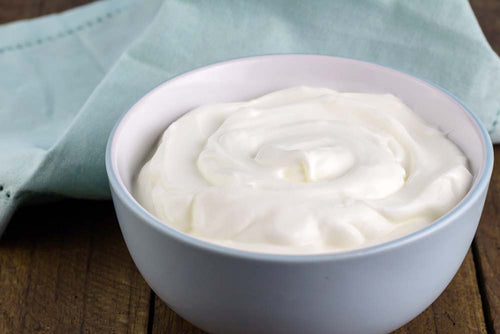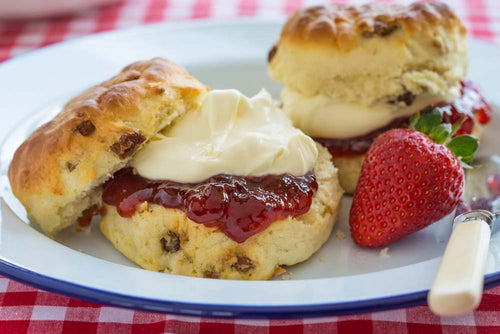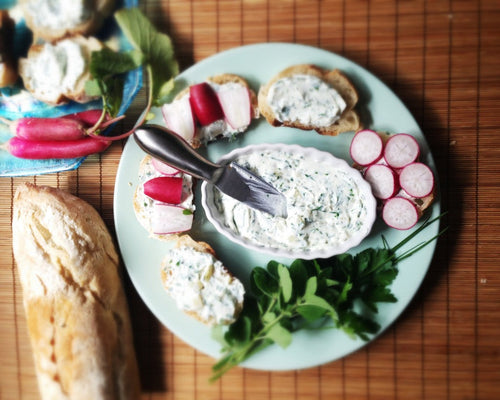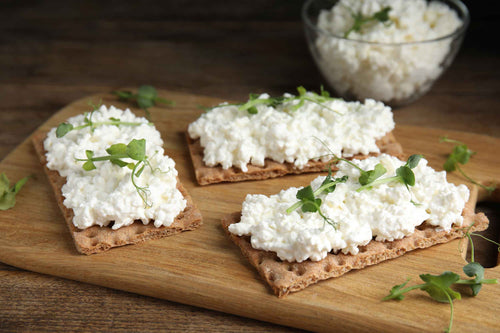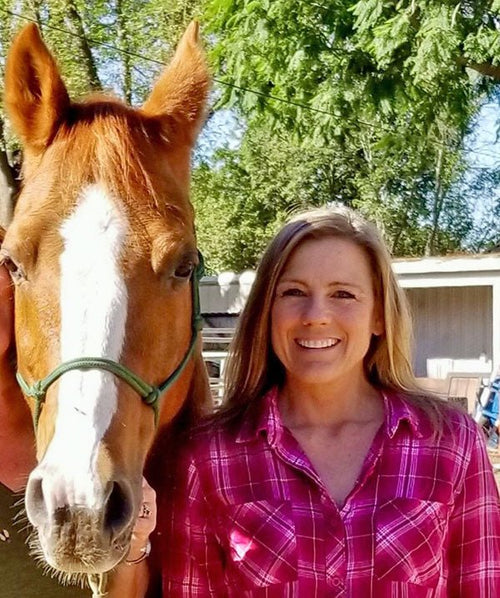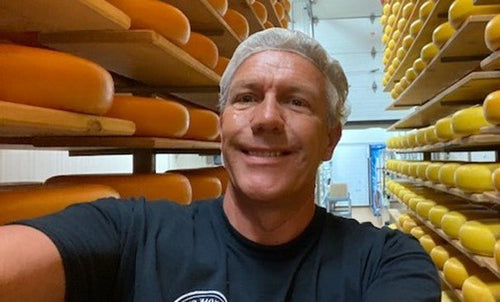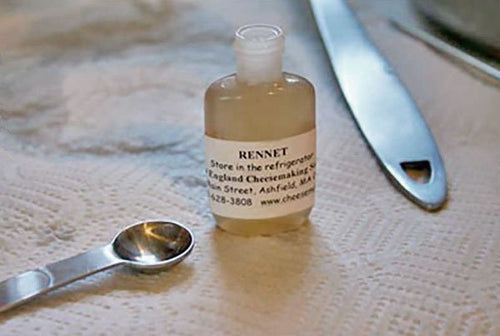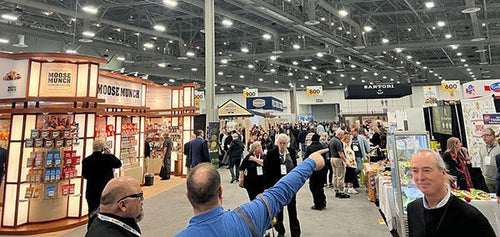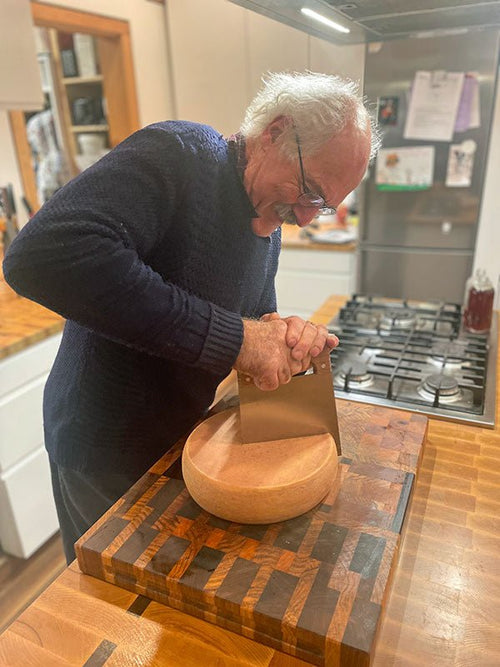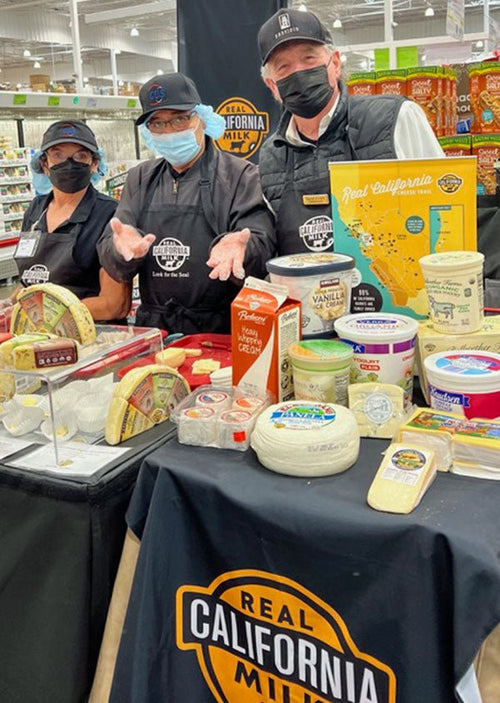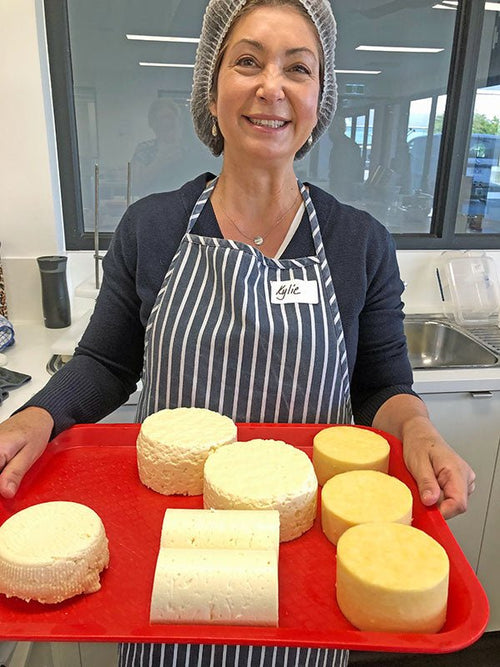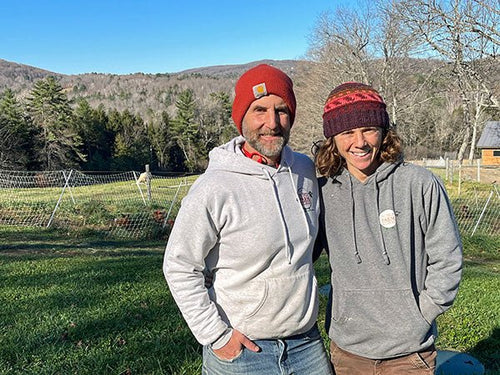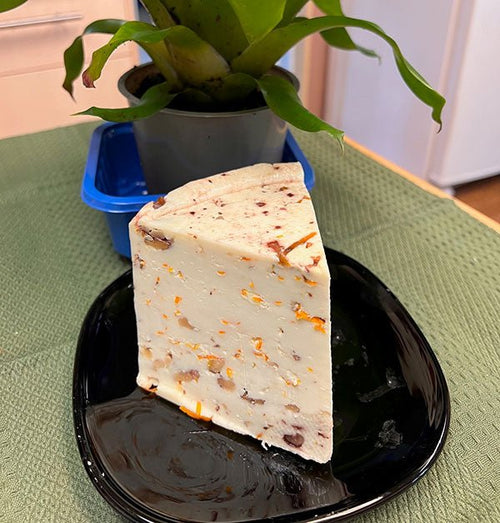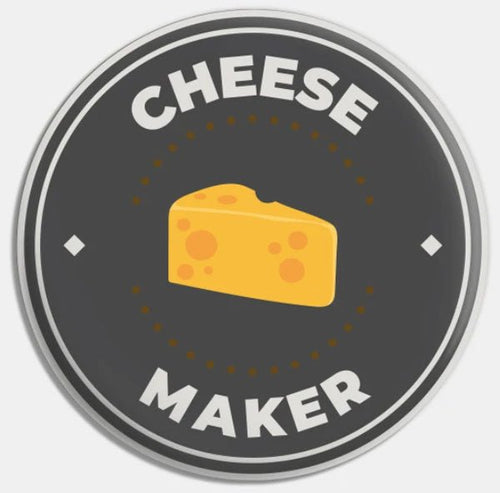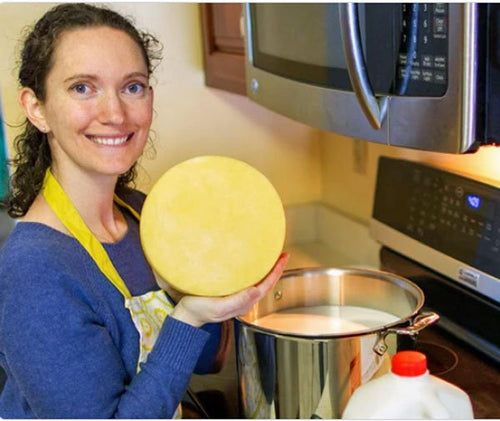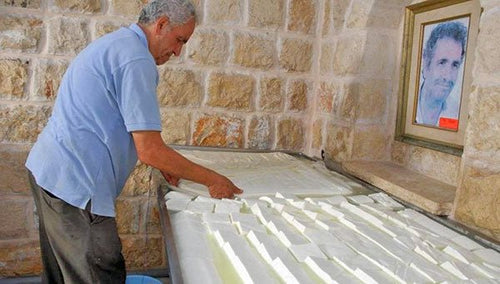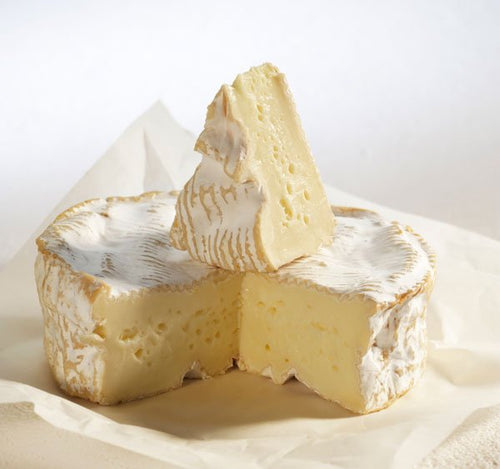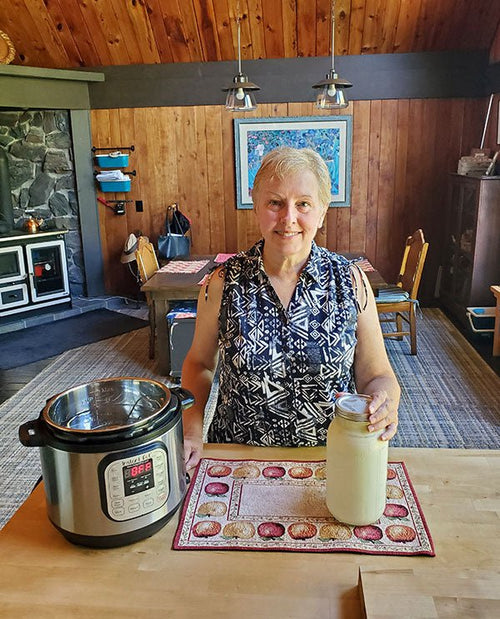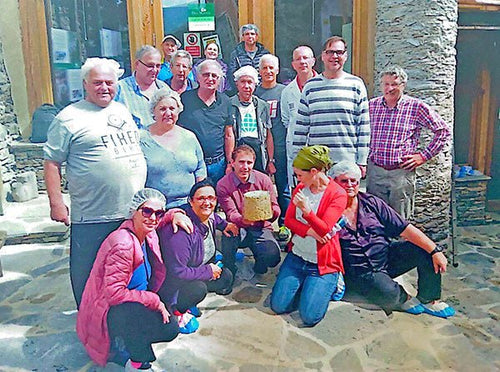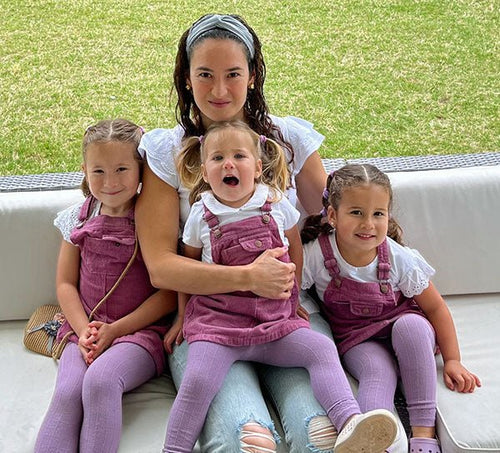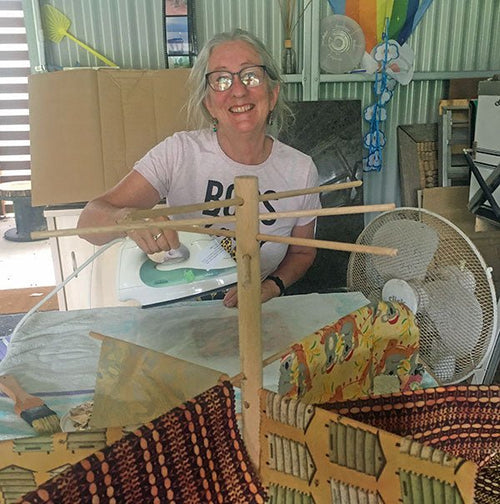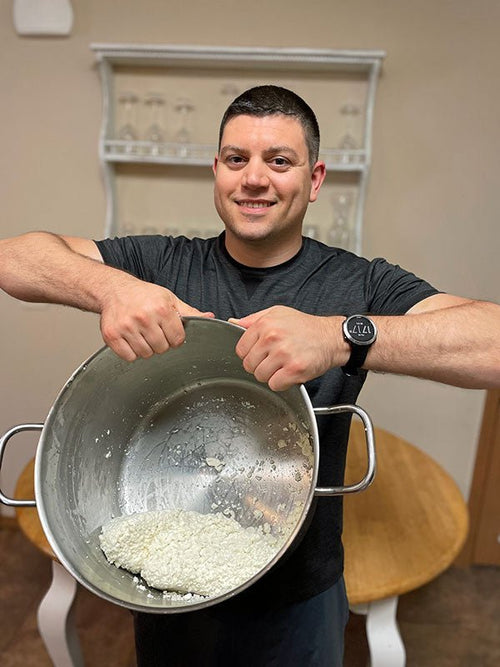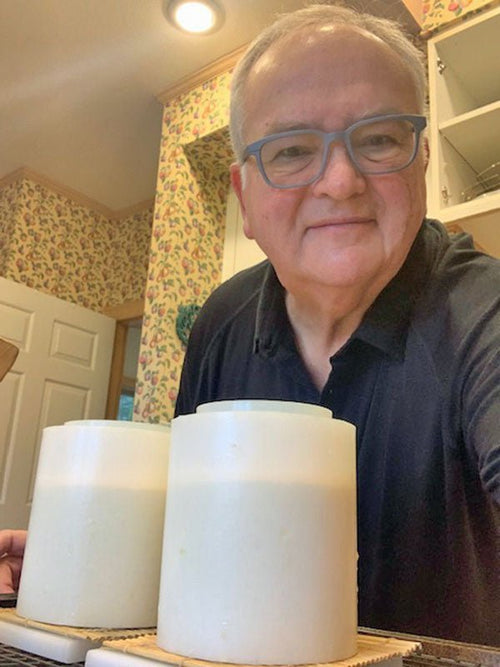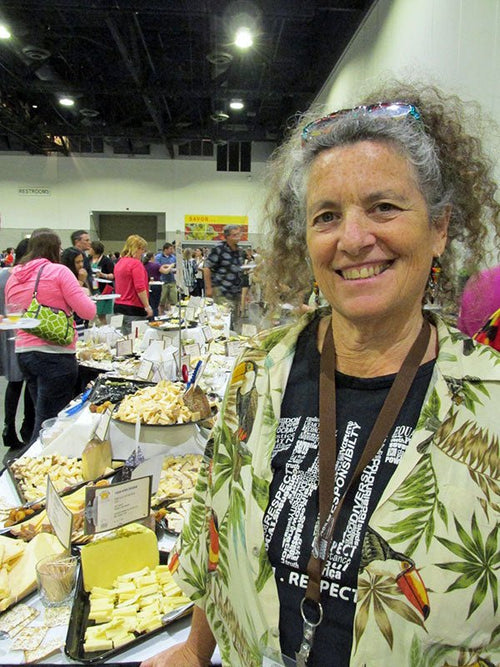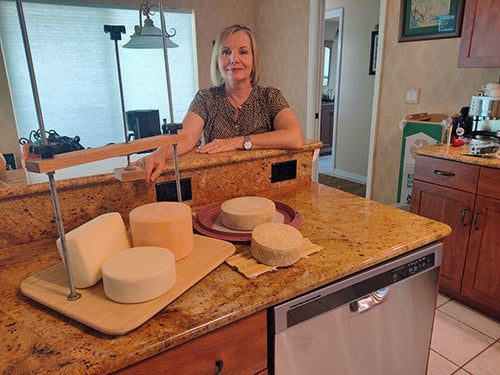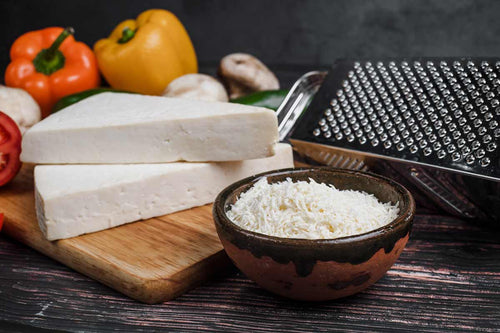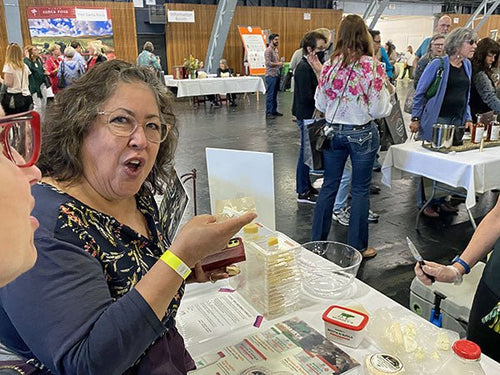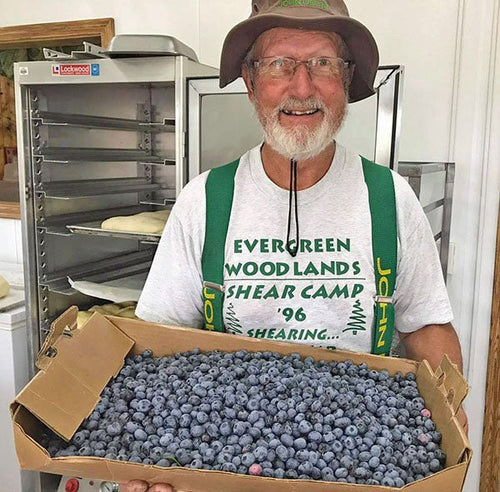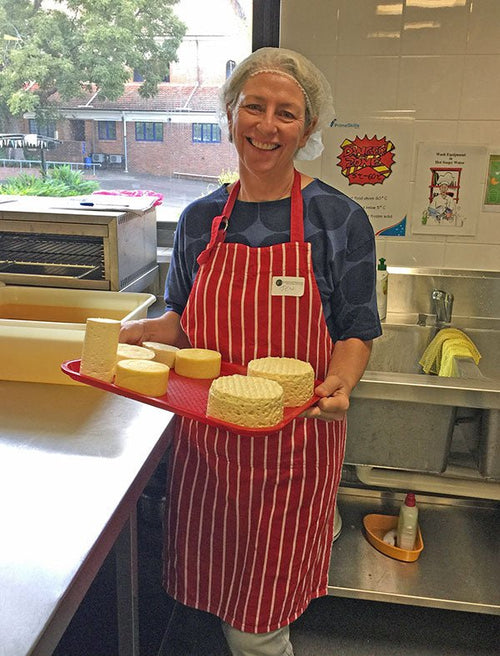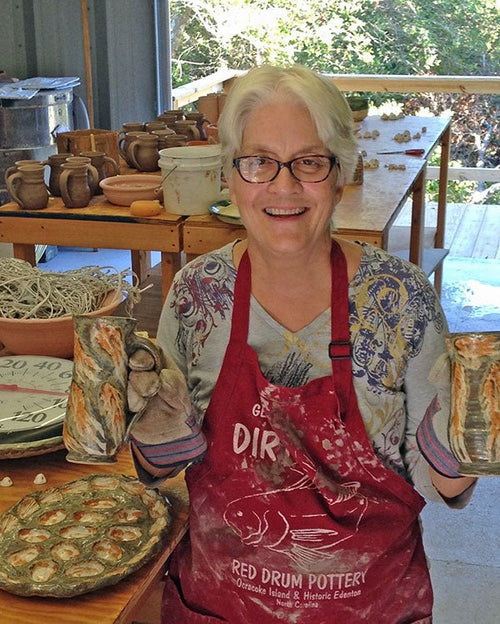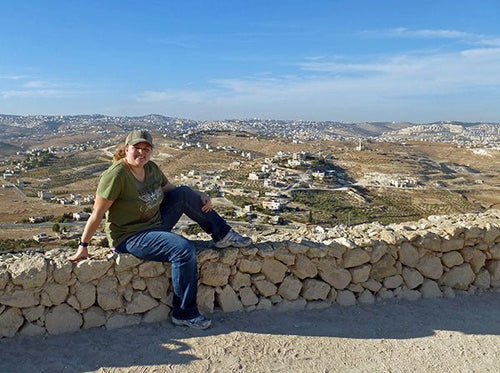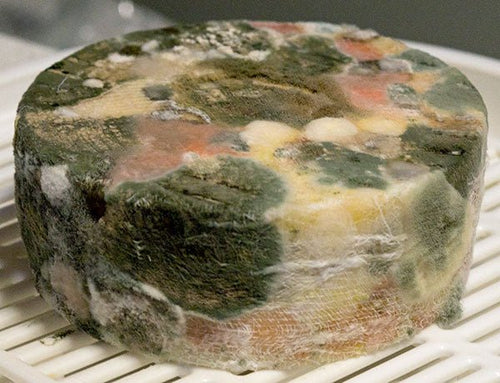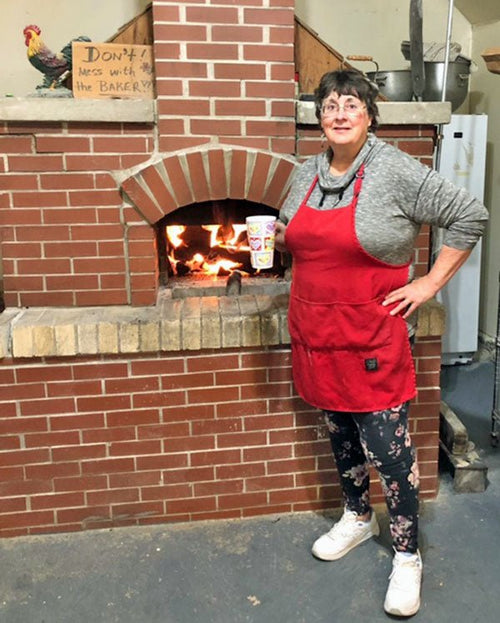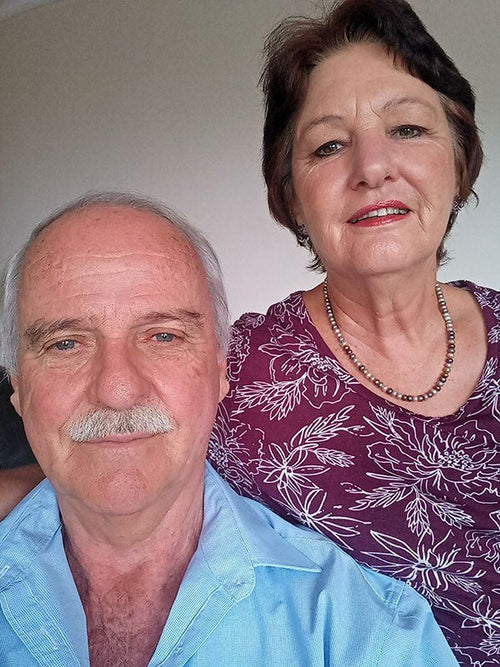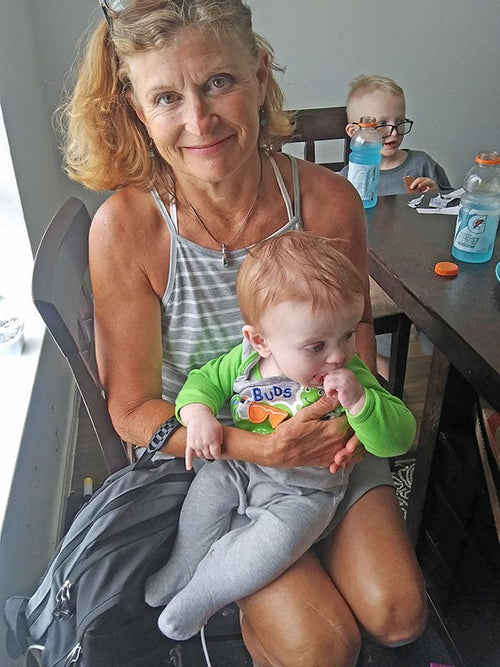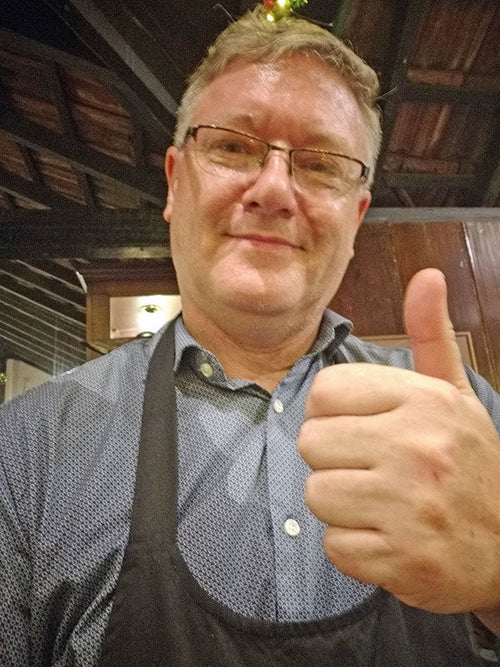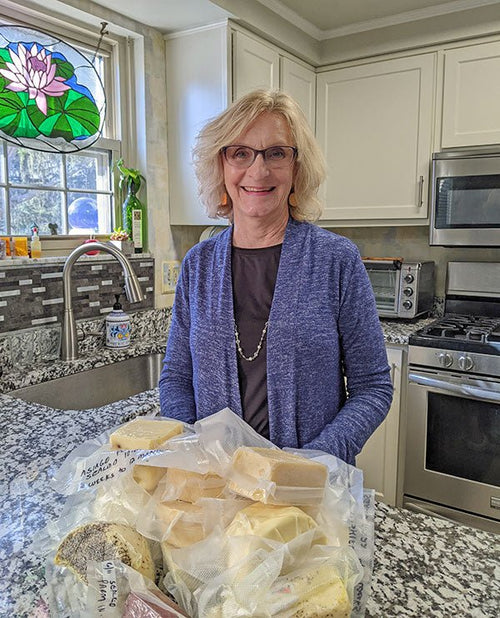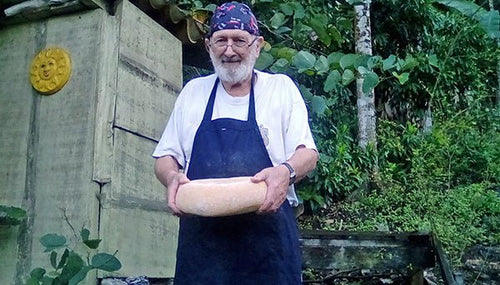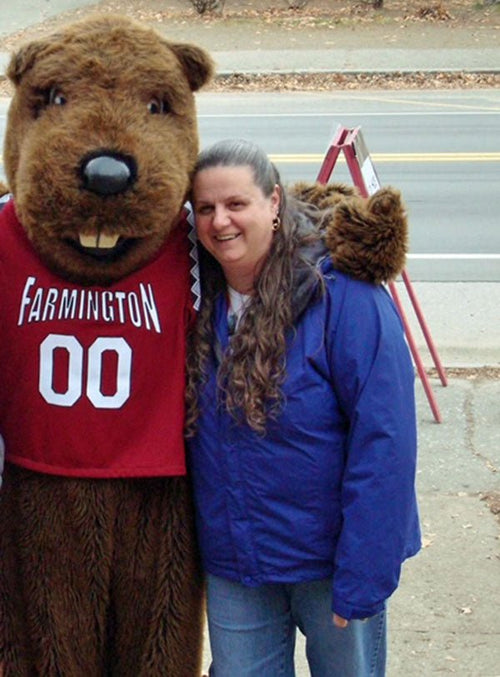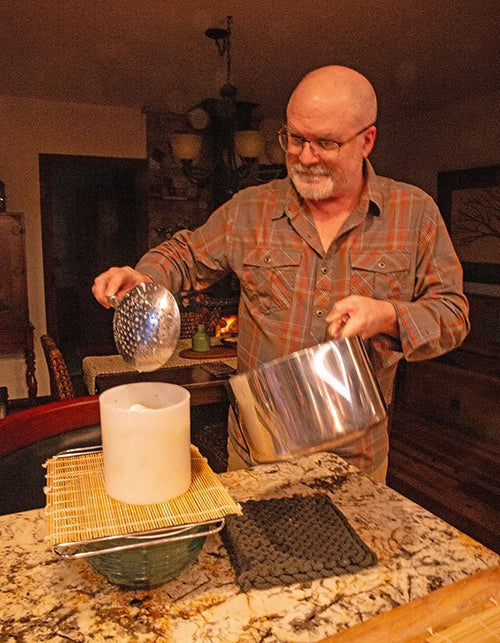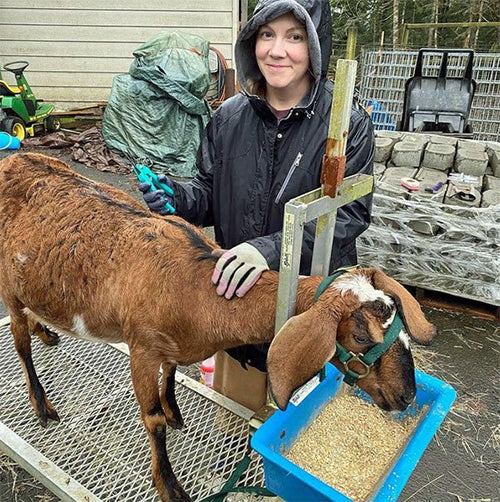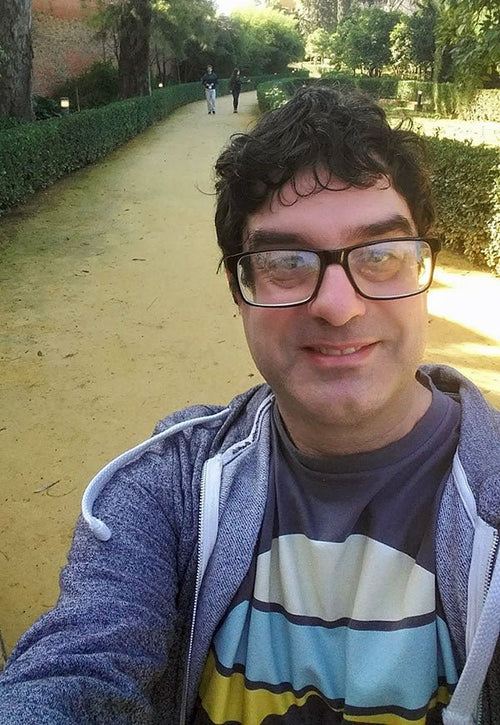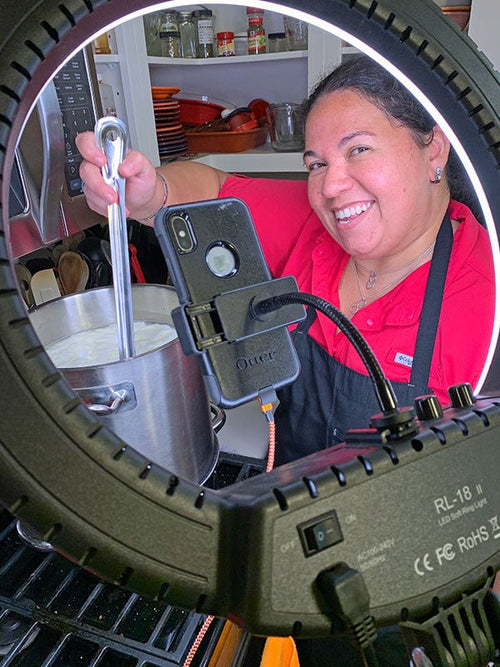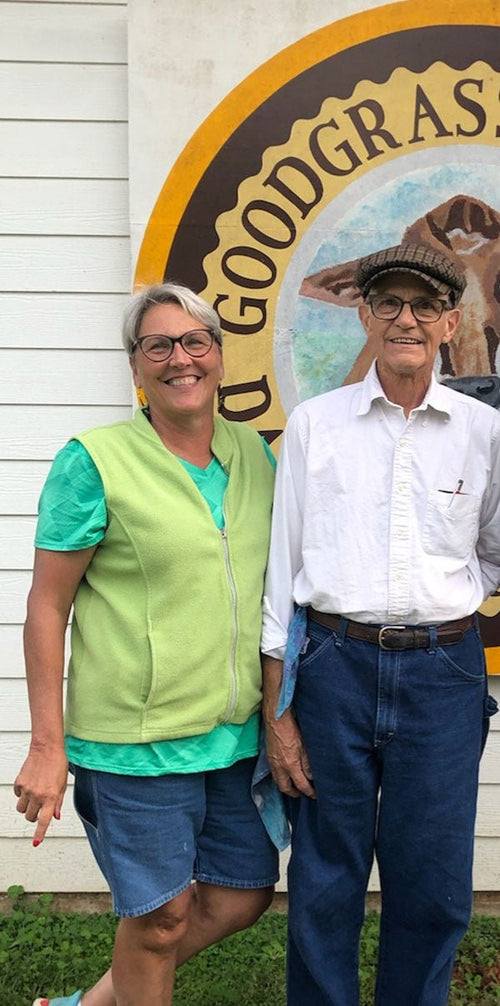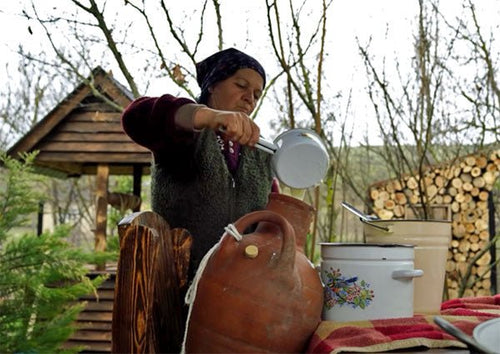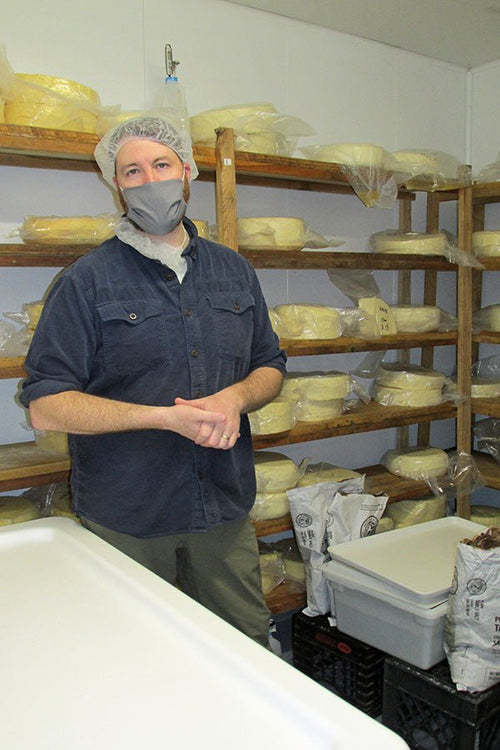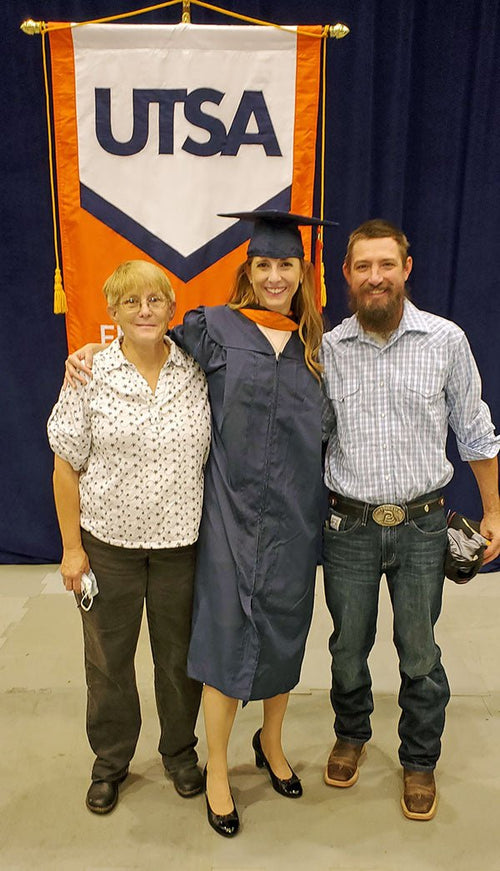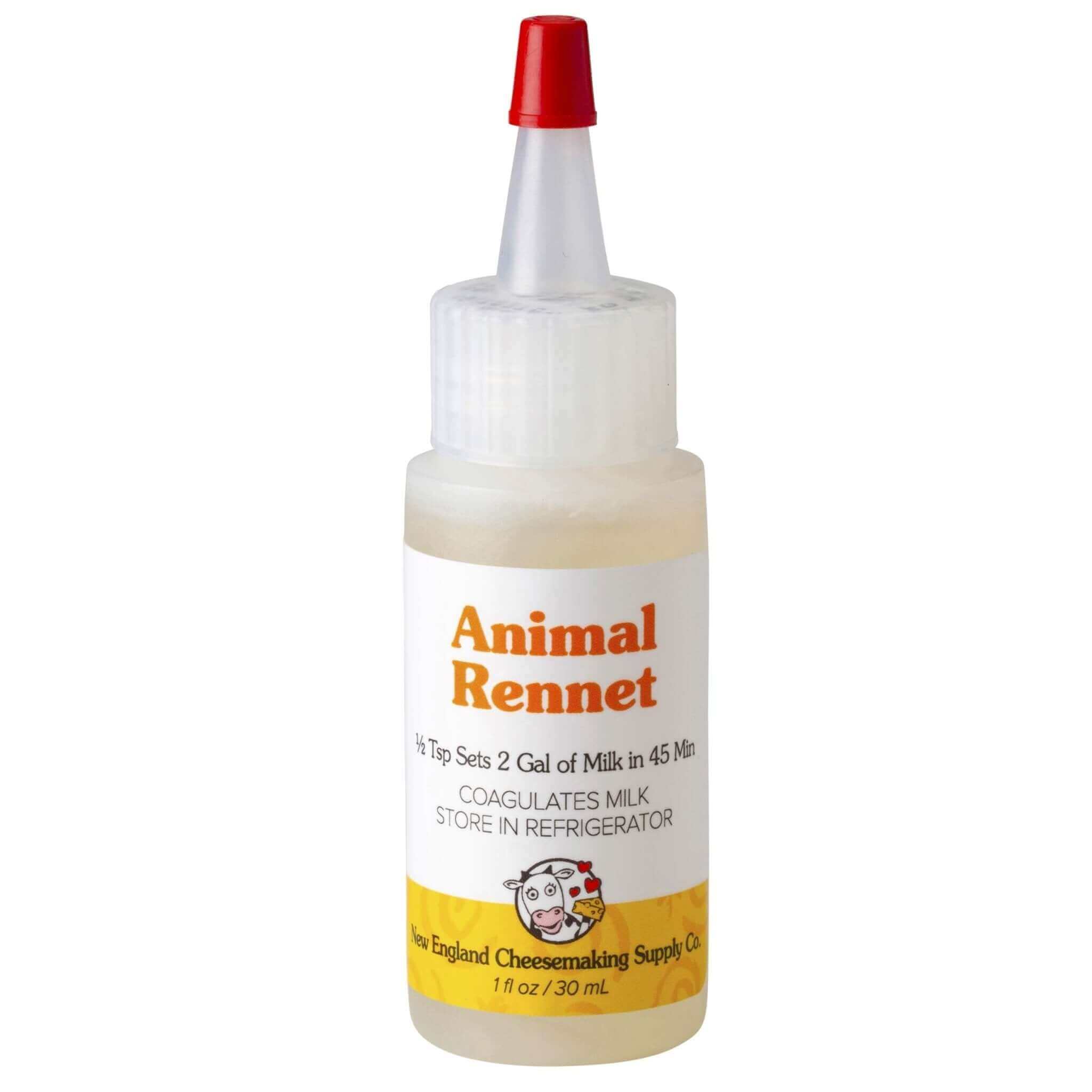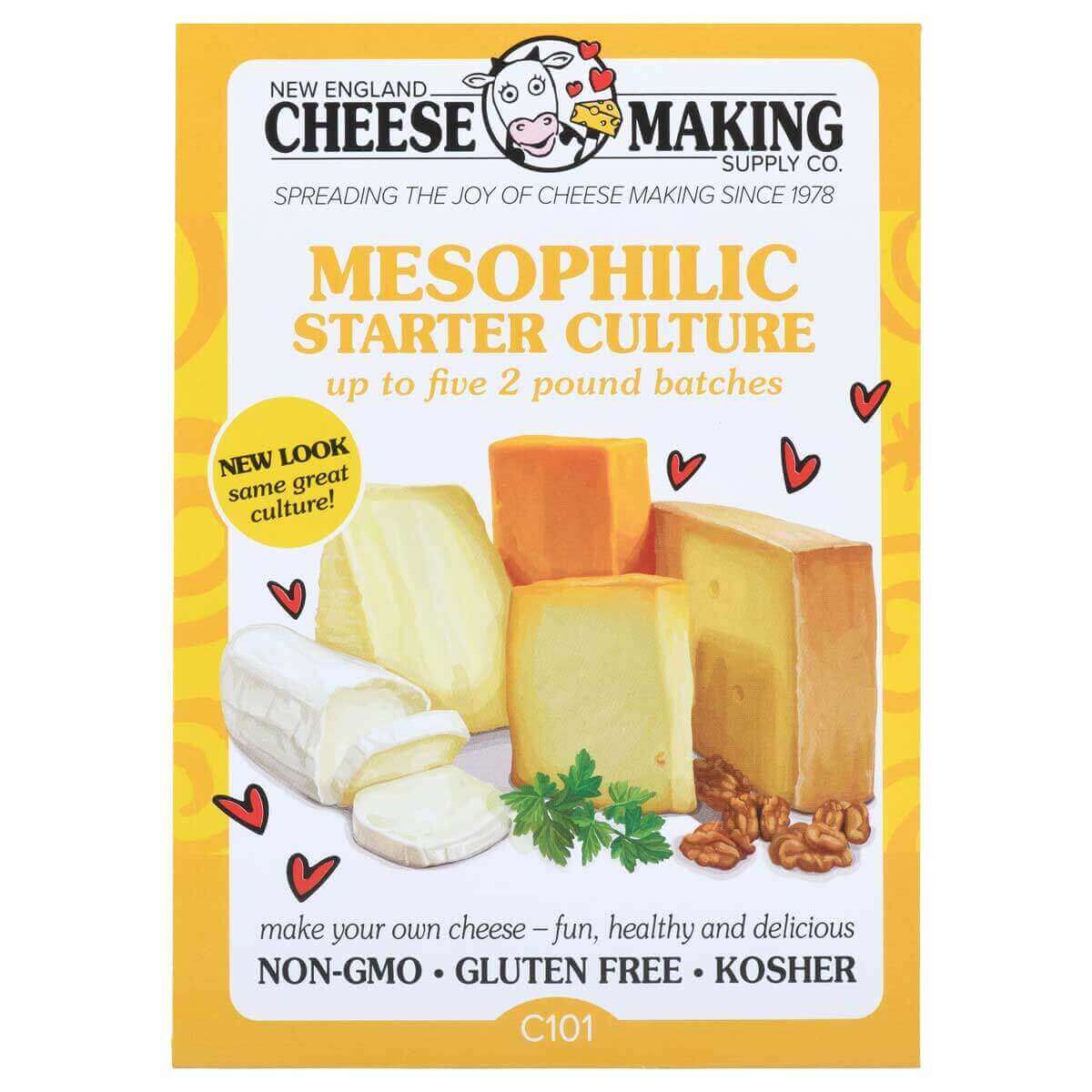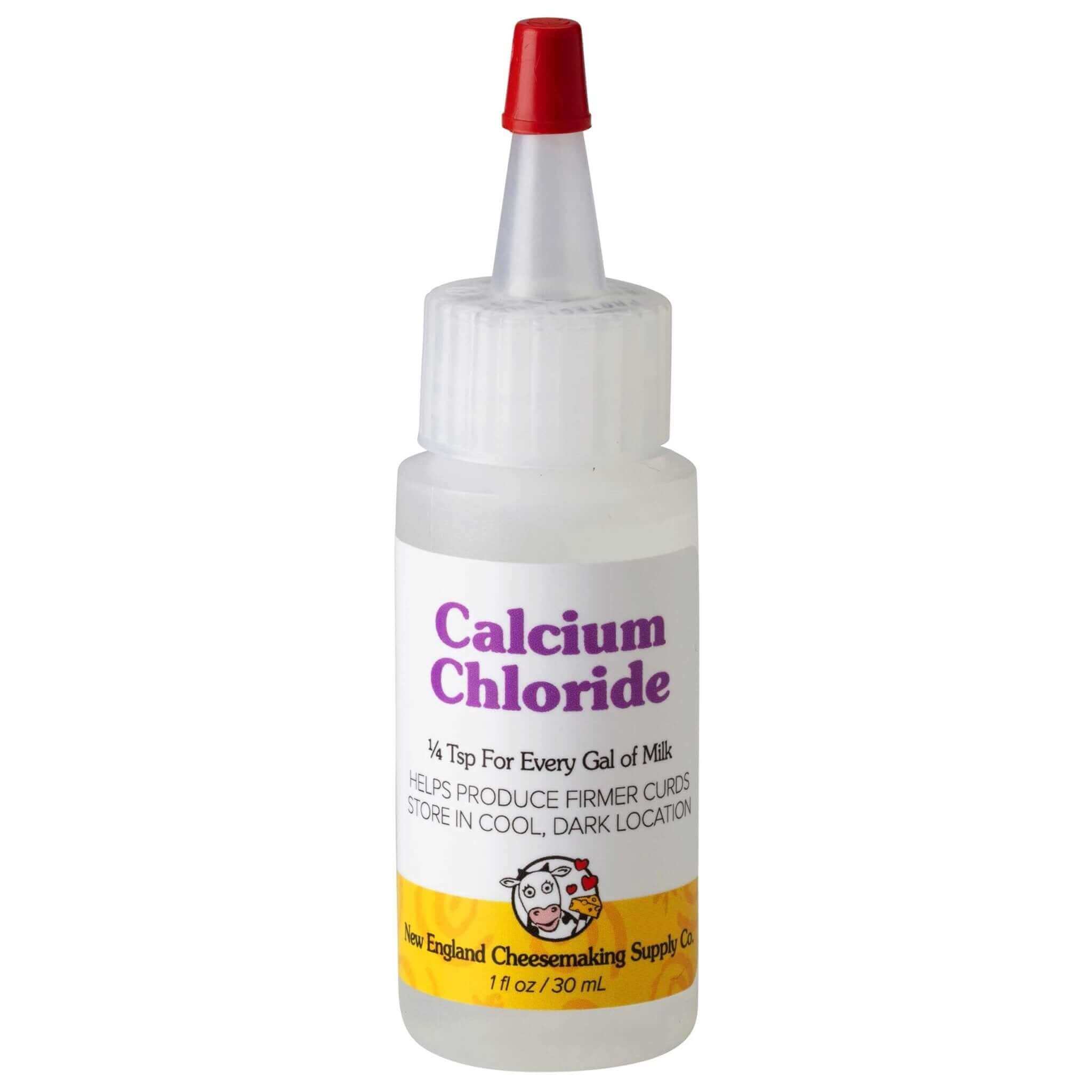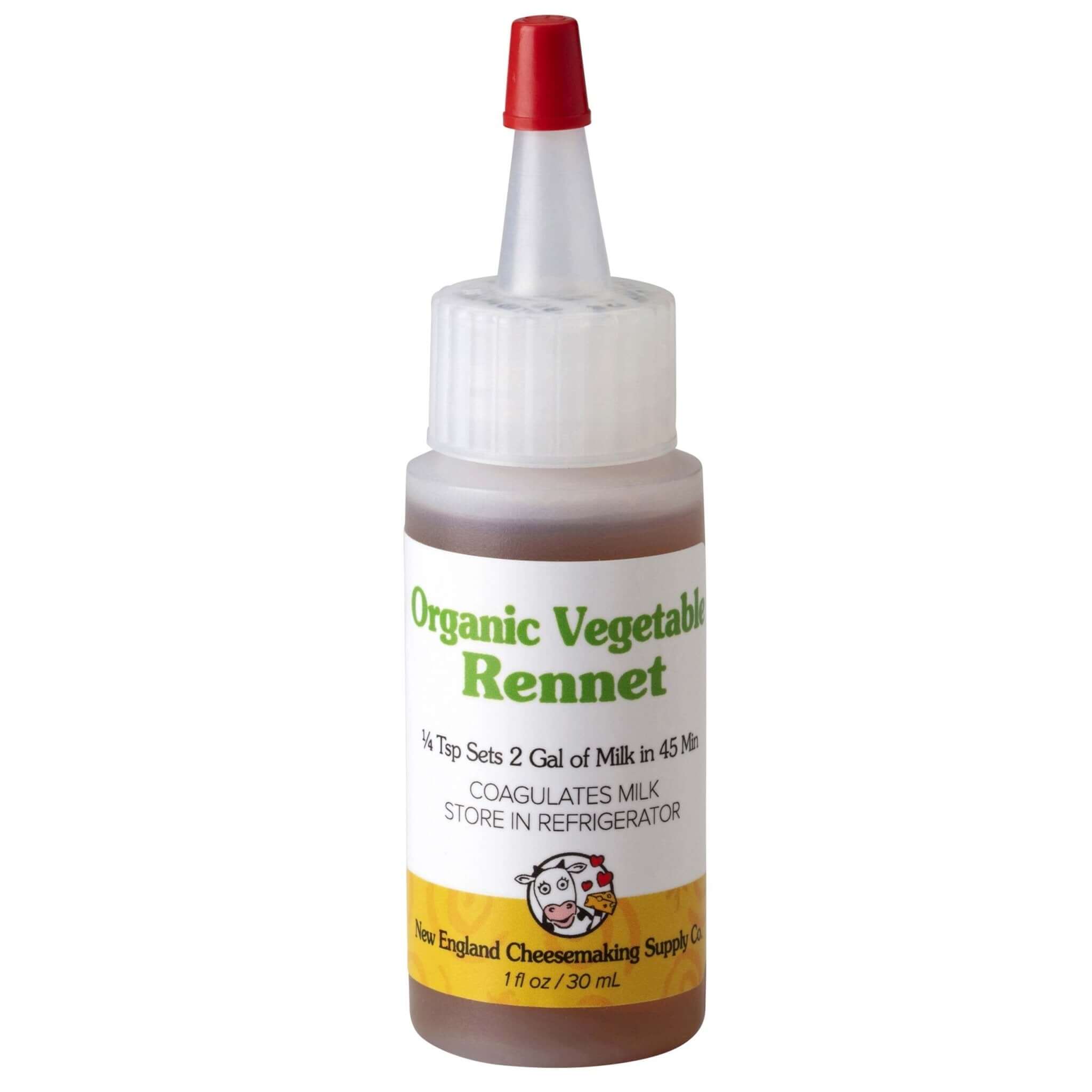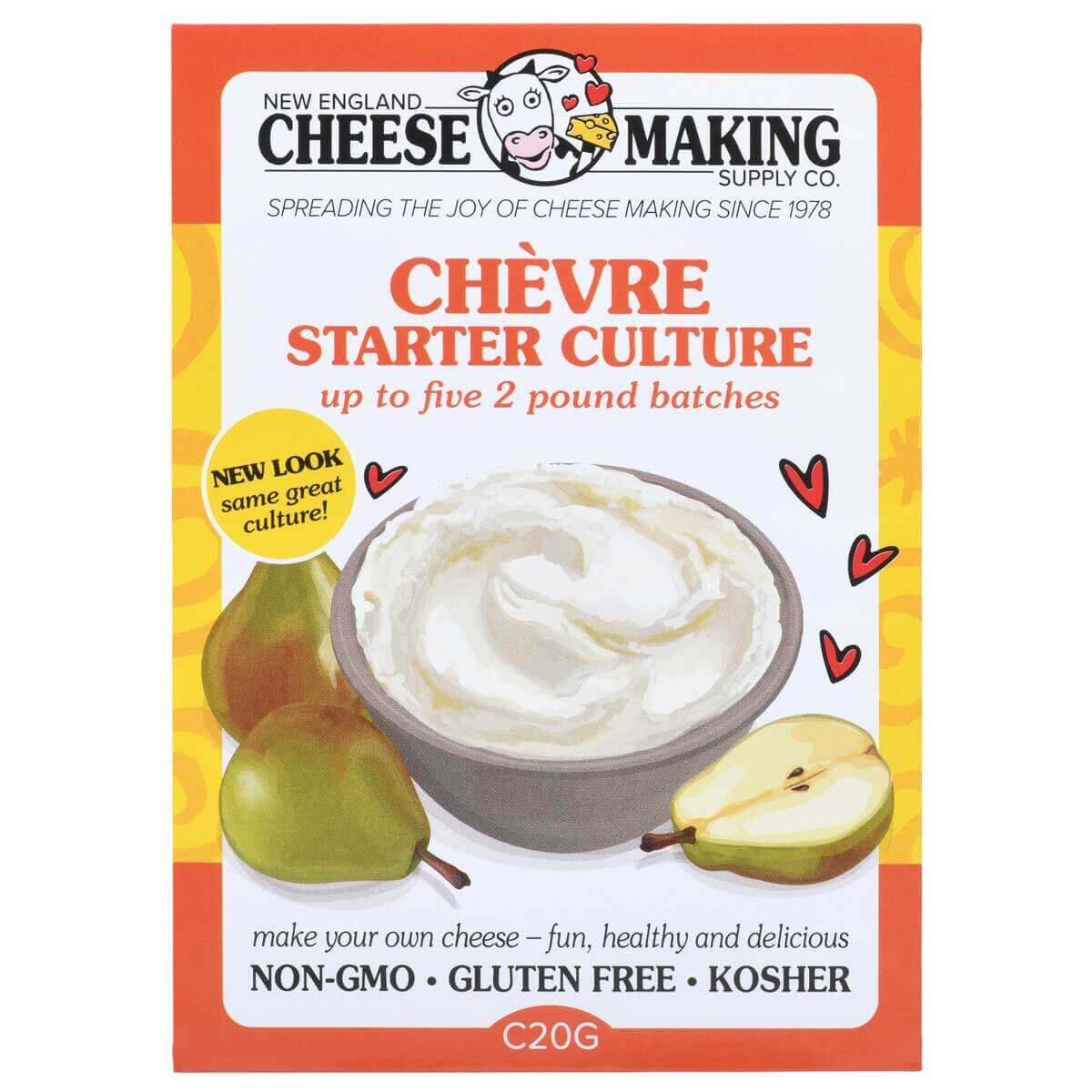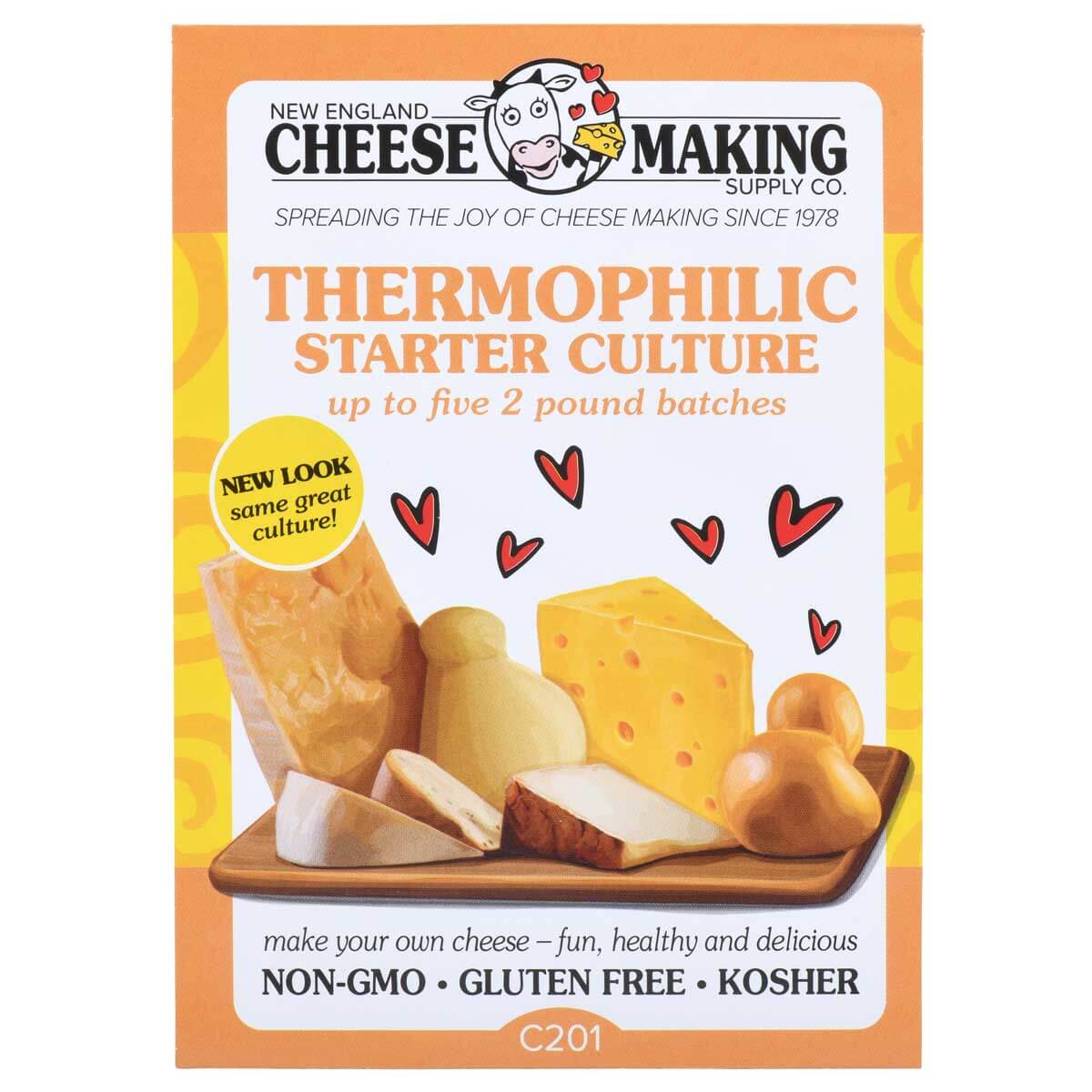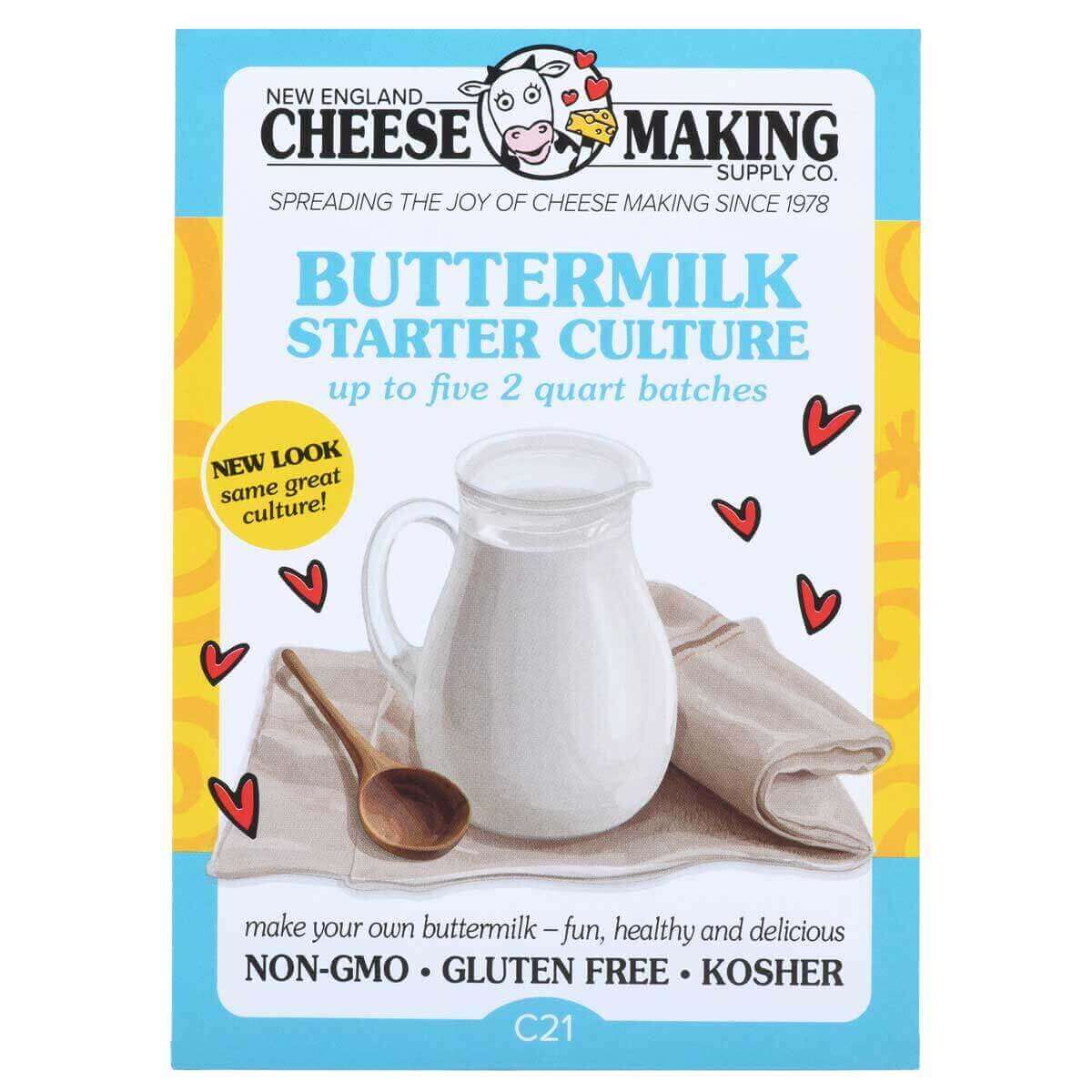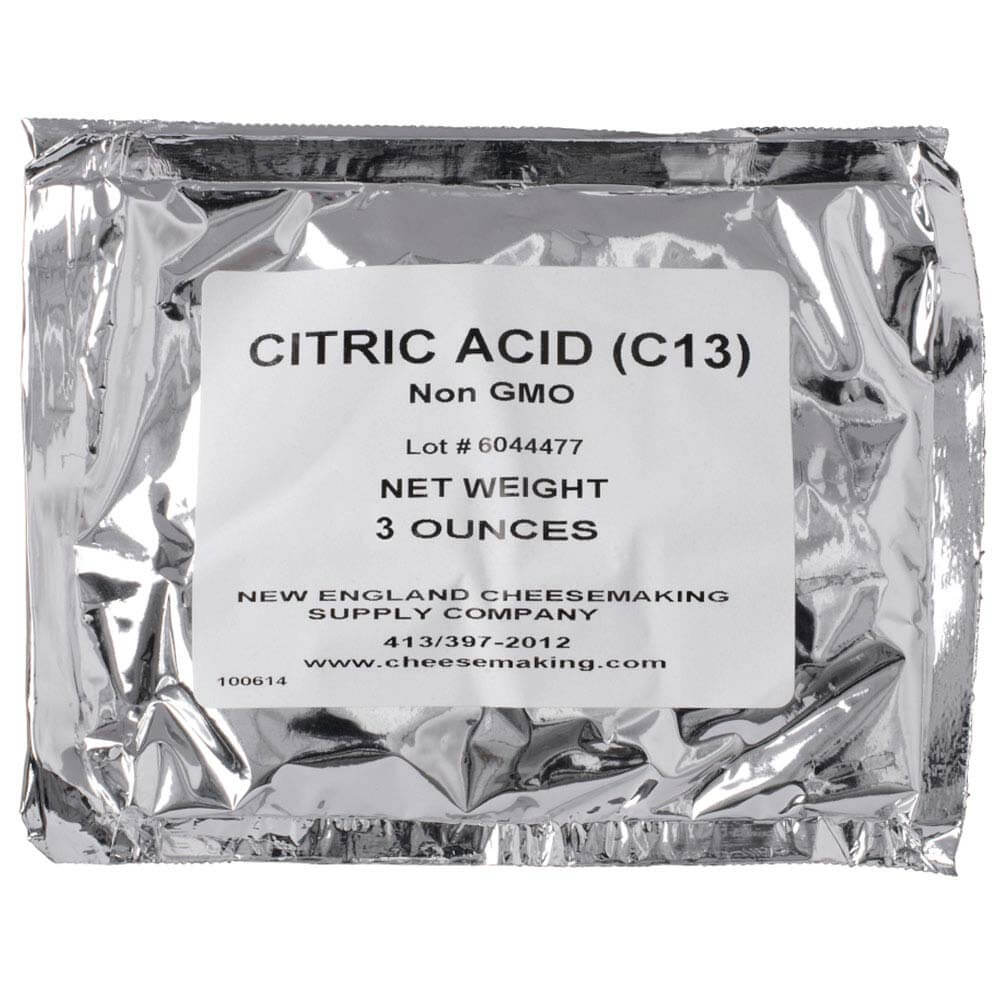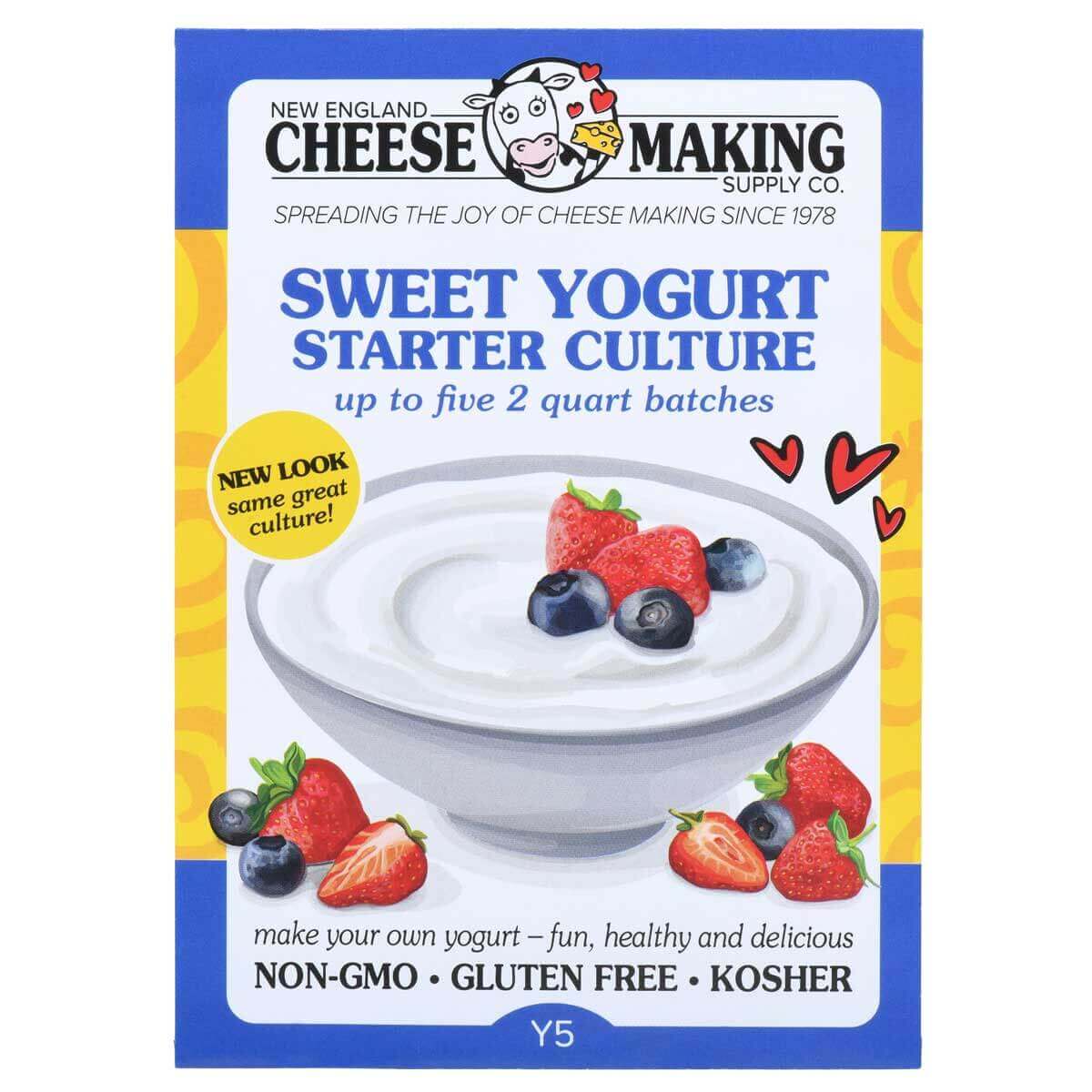This is our 9th post about Imran since 2013. Since we first got to know him, he has been an innovator. He taught himself to make cheese and, since then, he has met every challenge he faced.
When we first contacted him, he was learning to make cheese in his home as a hobby. He was very excited and surprised by how much he loved it.
Now, he has a successful cheesemaking business, Farmer’s Cheese Making (FCM) and he still loves to make cheese.
Imran wants to bring his country into prominence as a cheese making country and there is no doubt in our minds that he will do that.
His latest achievement is a method he has come up with to coagulate camel milk in order to make aged cheese. We think that’s very exciting!
Imran’s Story
These days I am highly busy, due to multiple reasons. I have to continuously work for company growth and development. I have to prepare for various meetings and seminars with different organizations. I am also preparing a new hall for training purposes.
I want Pakistan to grow economically and the dairy sector is the best for this purpose. Pakistan is supposed to be the 3rd largest milk producing country in the world. Dairy contributes almost 11.4% to the country’s GDP. If only we can add value to the milk, we can multiply that several times.
I am working to build a partnership with the University of Veterinary and Animal Sciences (UVAS) for this purpose. I know it’s a dream too big, but I know that every journey begins with the first step. I want to take the first step, at least.
Pakistan, for the first time has a company (FCM) which produces world class artisanal cheese and which has the potential to export, and now more people are joining in. Soon, we will have many companies in Pakistan and we will be exporting our cheese around the world.
For now, I am a camel cheese innovator. This might bring cheese recognition for Pakistan as Monterey Jack did for the USA. Life is short but courage is big, and the dream is even bigger.
Camel Milk
Camel milk, due to its anti-oxidant and anti-inflammatory properties is a wonder of nature:
Camel milk is low in fat as compared to cow and other milk producing mammals.
It is a better option for people with lactose intolerance or milk allergies.
It lowers blood sugar and insulin.
It may fight disease-causing organisms and boost immunity.
It may aid brain conditions and autism spectrum disorder. The presence of conjugated linoleic acid (CLA) may help fight cancer.
Camel milk is salty. It has a slightly different aroma from cow milk.
The casein molecules have a different structure. This makes it almost impossible to coagulate. And for that reason, no one makes yogurt or butter from it, normally.
The Availability of the Milk
A female camel produces 4-6 litres (1-1 1/2 gallons) of milk twice a day. These amazing animals can hold their milk for up to 2-3 hours if required.
It’s fairly easy to milk a camel. However, camels are only friendly with their caretakers – with new people they can be troublesome.
Pakistan is the 5th or 6th country in the world with regard to camel population, but there is no proper farming for this amazing animal.
Reasons: People are fond of eating goat and beef meat, the milk productivity is low, the animals are expensive to raise and the camels eat a lot.
There is a belt of land in Cholistan (a desert area) where camels are bred. There are tribes (like Gypsies) who raise them individually.
These tribes keep moving during the winters from Rajhistan which is a desert area to Punjab which has agriculture lands. While moving, they sell camel milk and even their camels occasionally.
They live very simply in tents. They receive no education. Their only source of income is camel milk, and the camels and cattle they raise.
In the winter, my team goes from place to place to collect camel milk. The tribes are scattered in city suburbs. We keep collecting milk for a week and then transform it into cheese.
Making Cheese with Camel Milk
Those who are involved in the cheese business know that camel cheese does not exist, virtually. There is one company known for camel dairy products in the US and it makes soft cheese and mixed cow delicacies and other dairy products. However, making a 100% pure camel cheese (especially a mature, hard cheese) has been next to impossible, due to the milk’s non-coagulating nature.
FCM has now made the impossible, possible!
It took us 2 years to develop the enzymes and a process to coagulate camel milk and to eventually turn it into a mature cheese. This innovation will one day be available all over the world if we reach the right platforms. It will make Pakistan proud.
Once coagulated, the soft proteins are worked and molded just like any other hard cheese.
Later, it is sent to the maturing room for fermenting and aging for up to 8 months. Once properly ripened, this cheese acquires a reddish rind. If treated properly, the molds don’t attack this cheese and it can be eaten with the rind.
The flavour is very different and it is the true essence of camel milk. It is a chalky, silky, smooth and salty cheese with a taste you could never have imagined.
It is a wonderful flavour which you will keep munching if you love mature cheese. The taste stays in the mouth for a long time.
This cheese is naturally low fat with almost zero carbs. It is a great resource to build immunity and brain health.
I am very proud of this innovation in the world of cheesemaking.
The Market
In Pakistan, people are not much aware of cheese. But, things are changing and with my contribution and efforts, I have been able to develop a niche. Now, cheese is in big demand.
However, camel cheese is still eaten only by the people who really love cheese and understand that artisanal cheese is the only cheese which is healthy. Others are still consuming processed cheese.
So, I only sell camel cheese in limited quantities. Most of my customers for camel cheese are foreigners working for their embassies in Islamabad.
Farmer’s Cheese Making – https://www.farmerscheesemaking.com
Facebook – https://www.facebook.com/farmerscheesemaking
92-3302433737 (cheese)
92-35181219
*Previous blog articles about Imran:
IMRAN SALEH’S NEW BUILDING IN LAHORE, PAKISTAN (2021)
IMRAN SALEH UPDATE – THE PANDEMIC IN PAKISTAN (2020)
IMRAN SALEH IN LAHORE, PAKISTAN – AN UPDATE (2019)
IMRAN SALEH IN PAKISTAN – EXPANDING AGAIN! (2017)
IMRAN SALEH – CHANGING THE CULTURE OF PAKISTAN (2015)
TEACHING A WORKSHOP IN PAKISTAN WITH IMRAN SALEH (2013)
MAKING “DRY” MOZZARELLA IN PAKISTAN (2013)
MAKING CHEESE IN PAKISTAN (2013)

